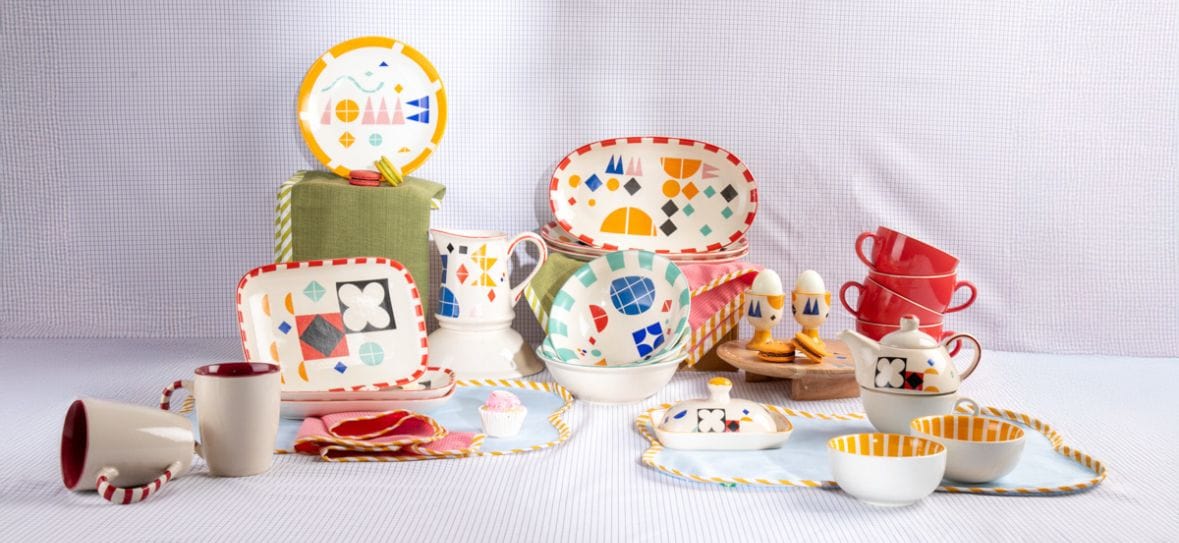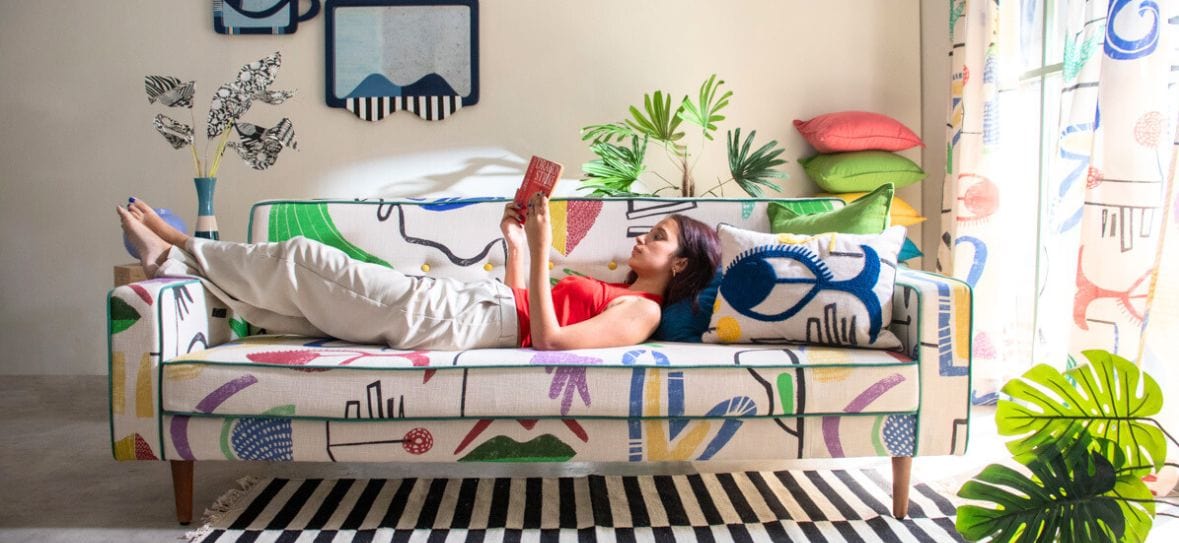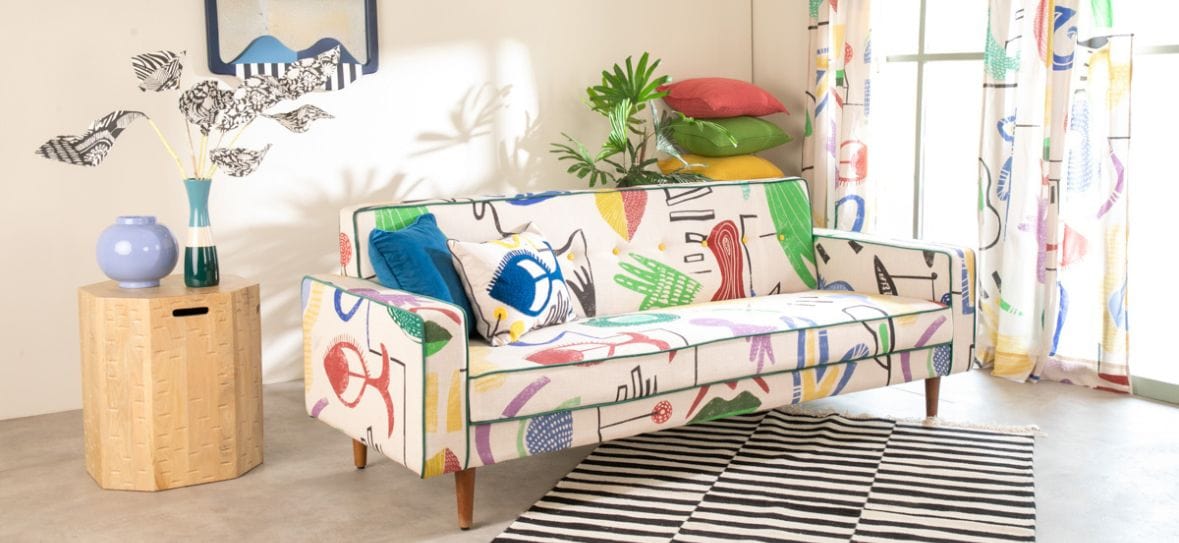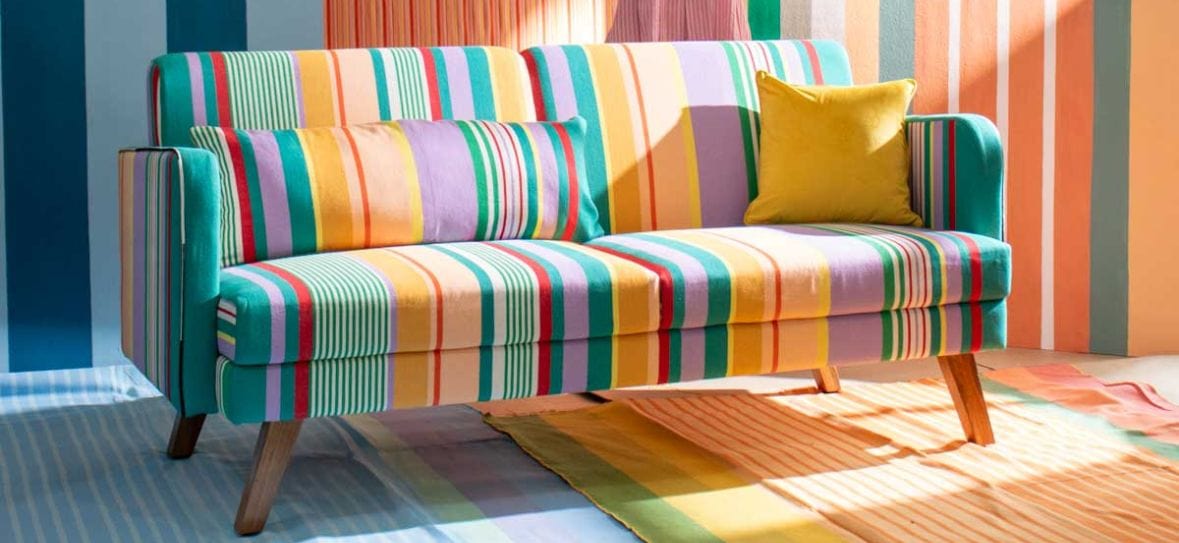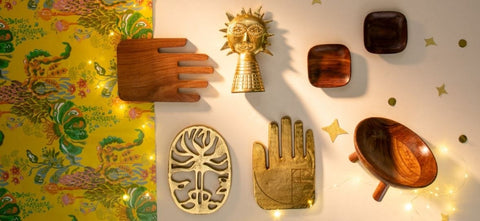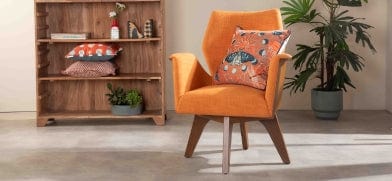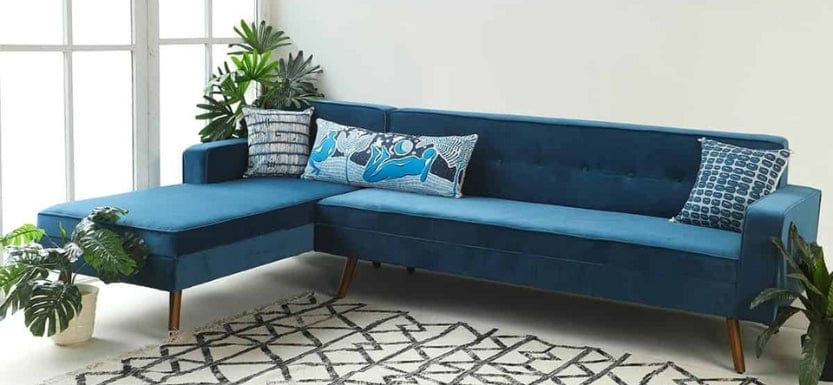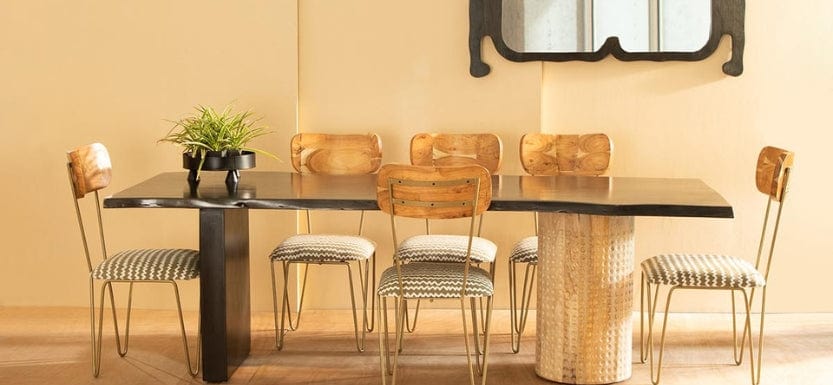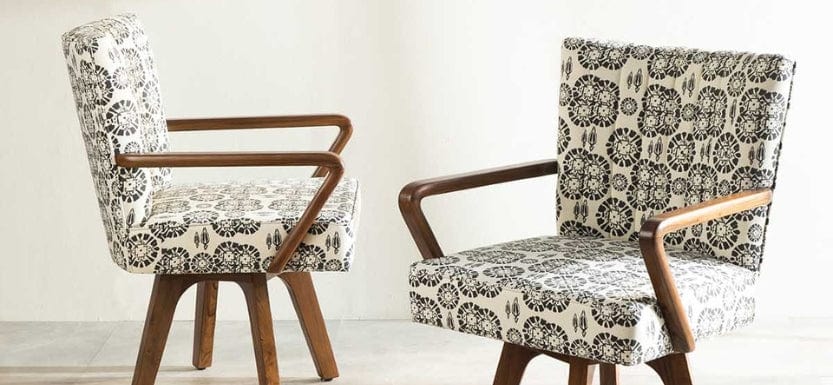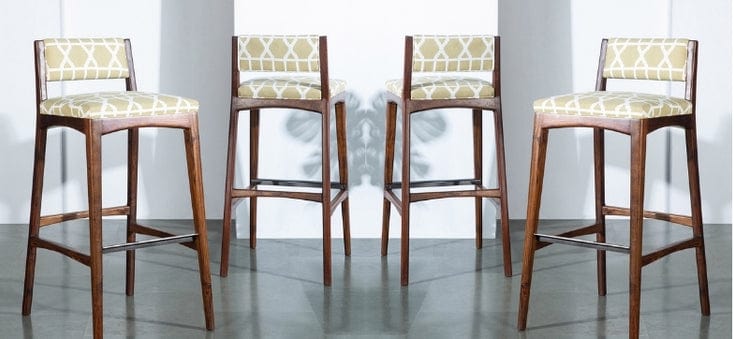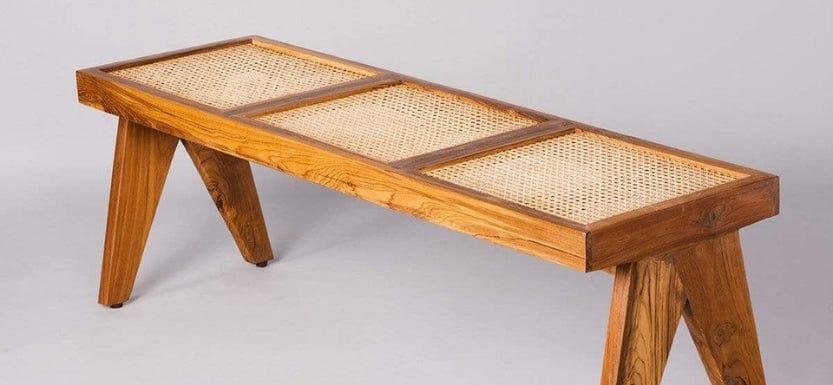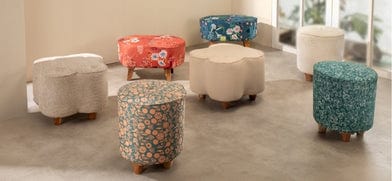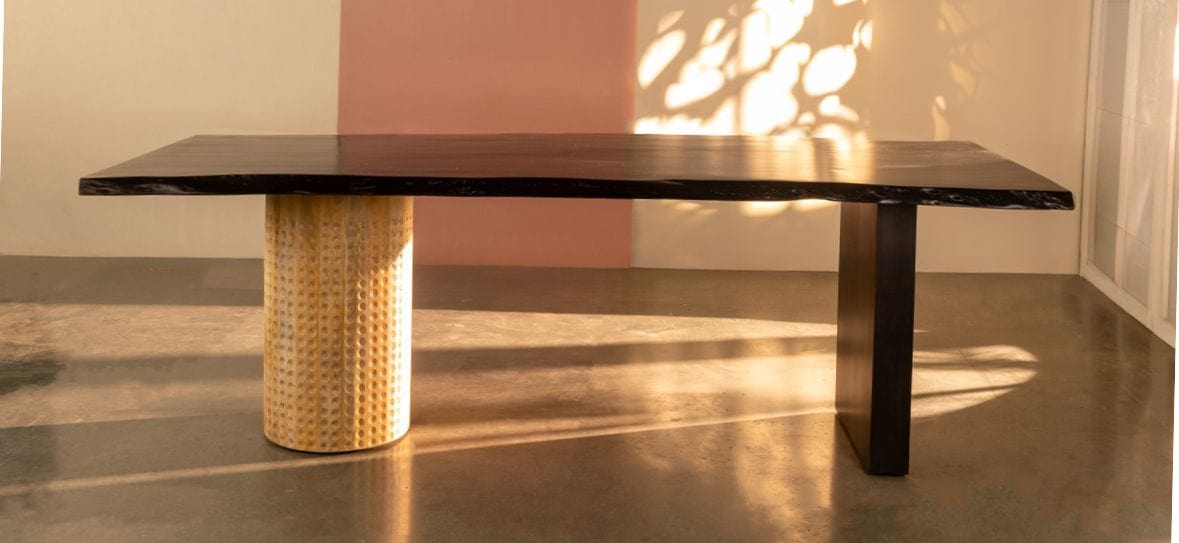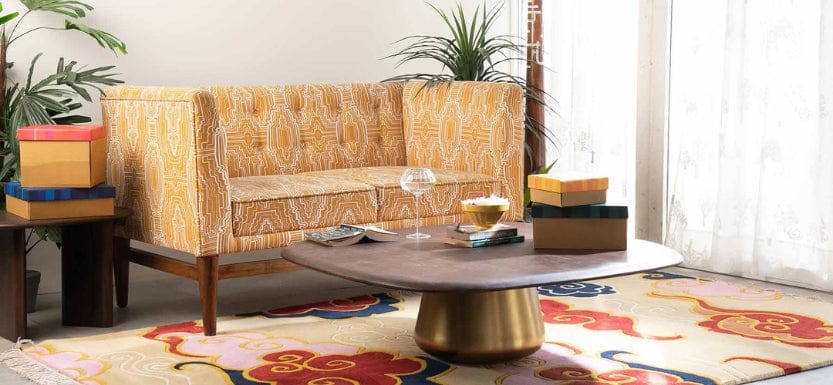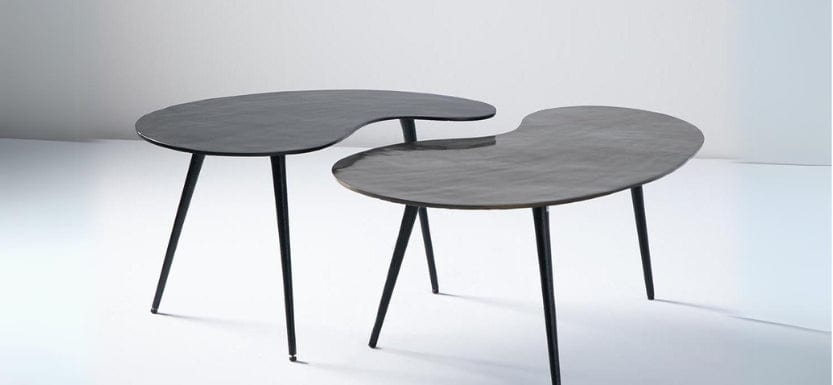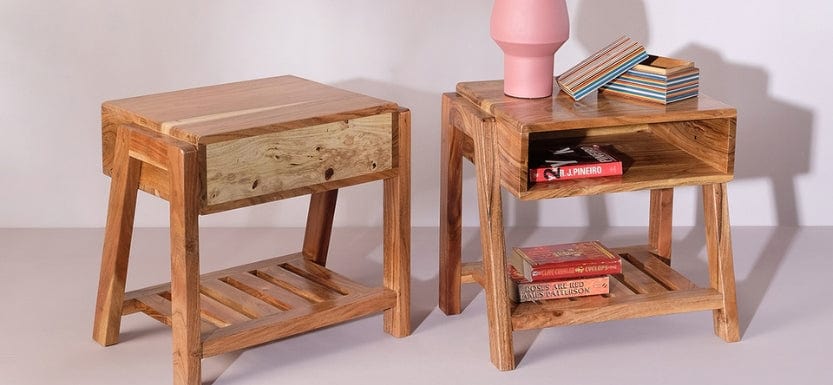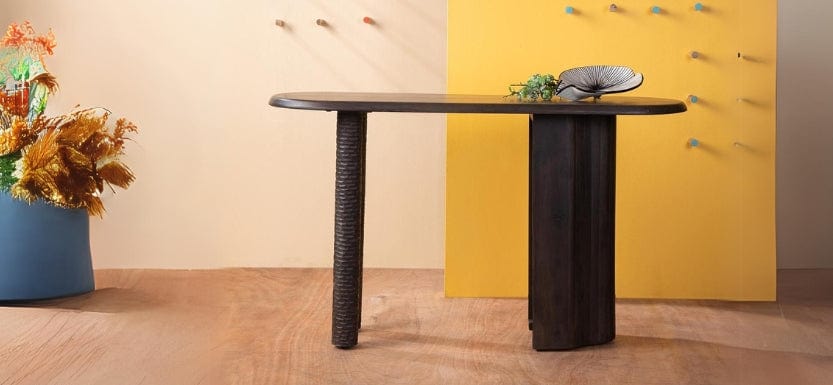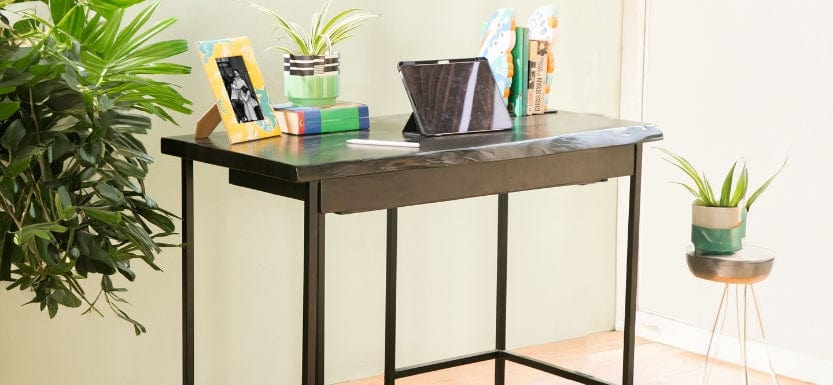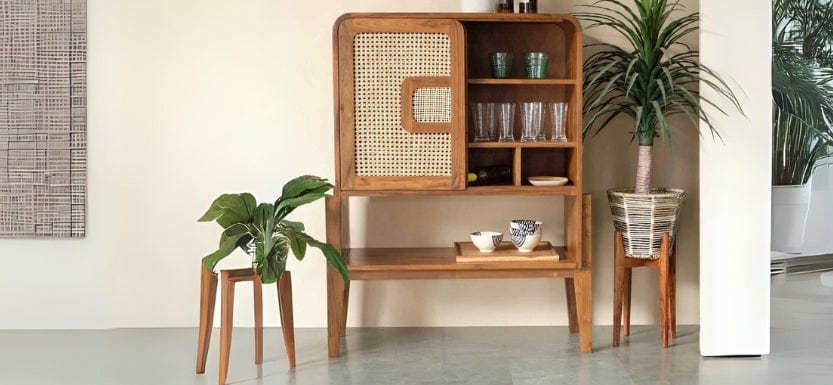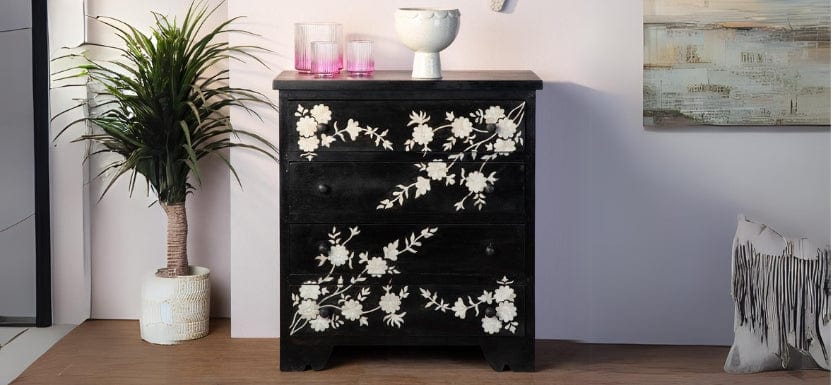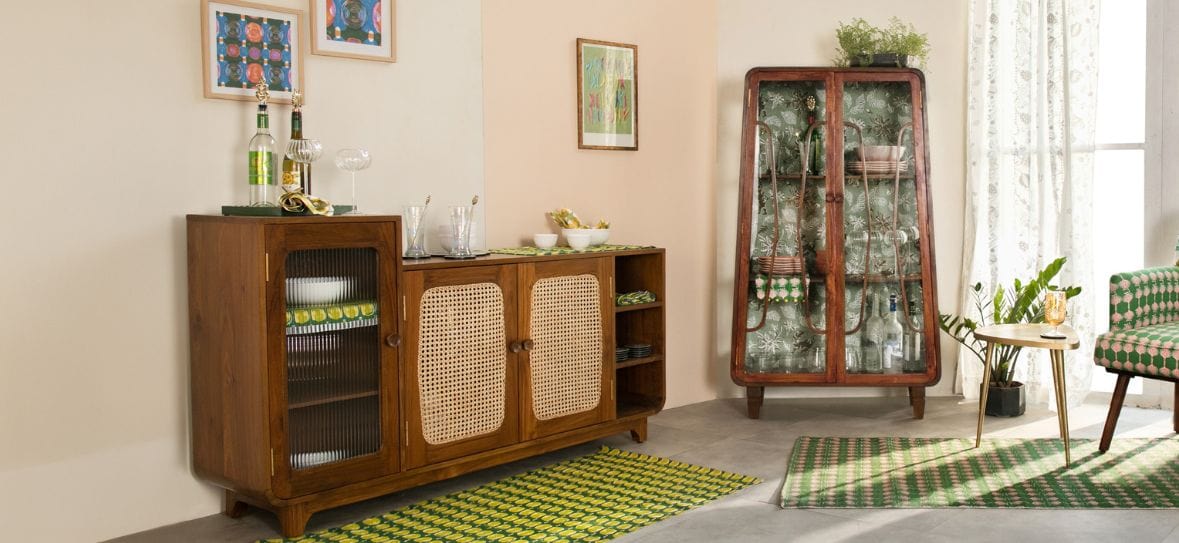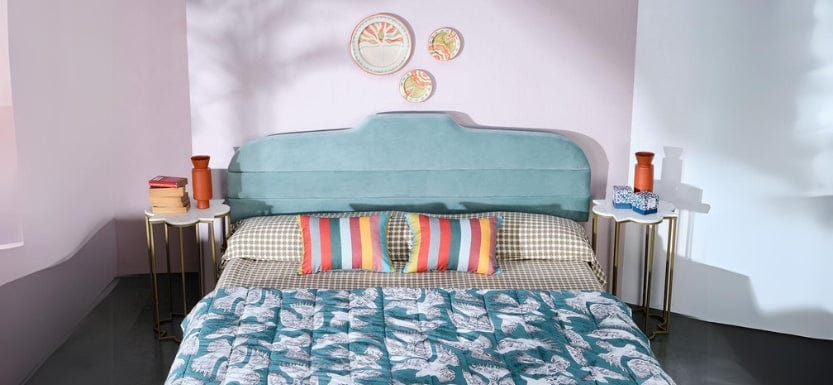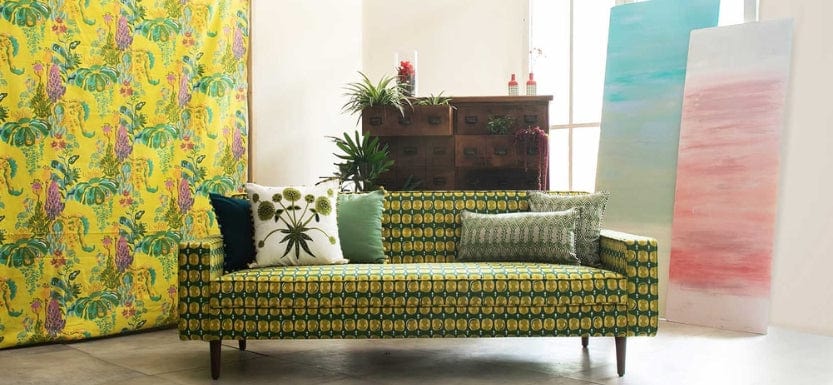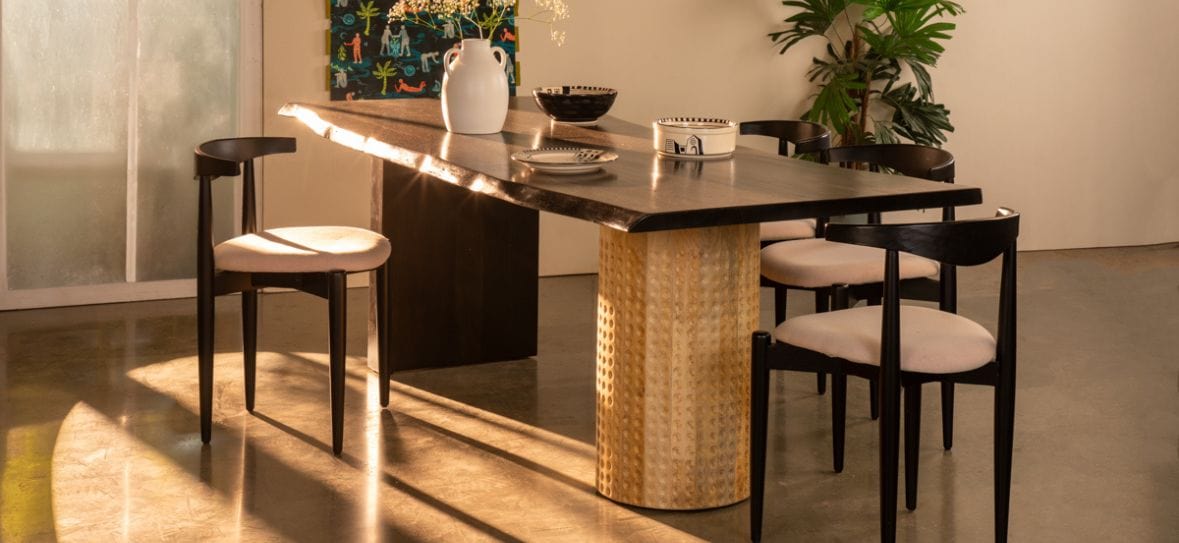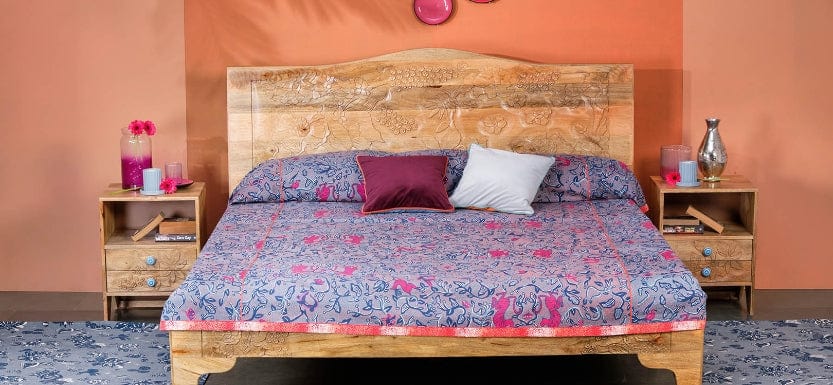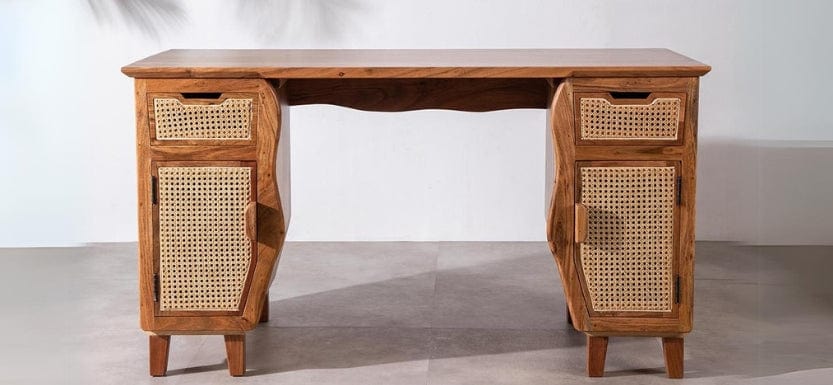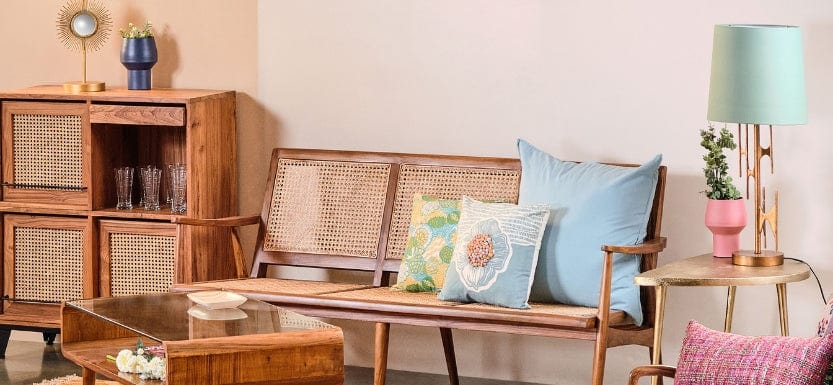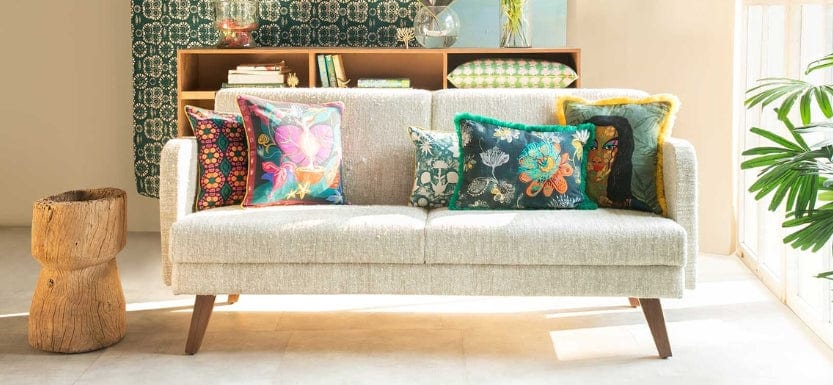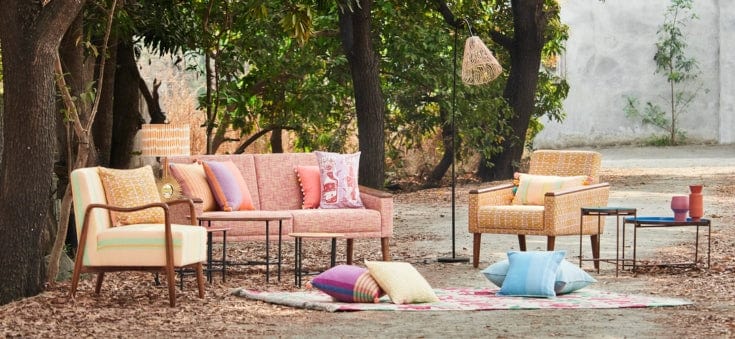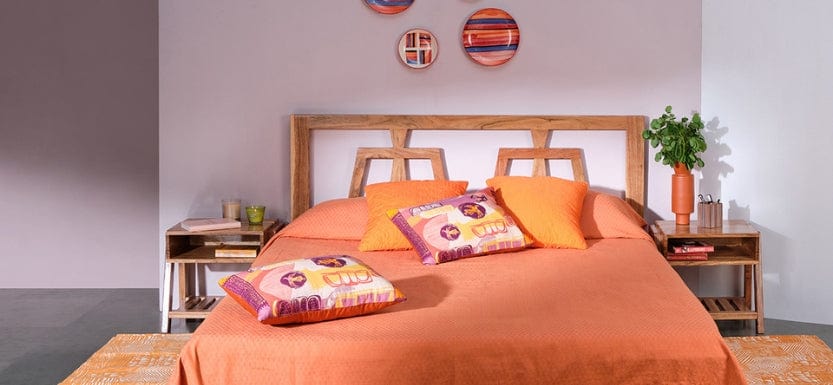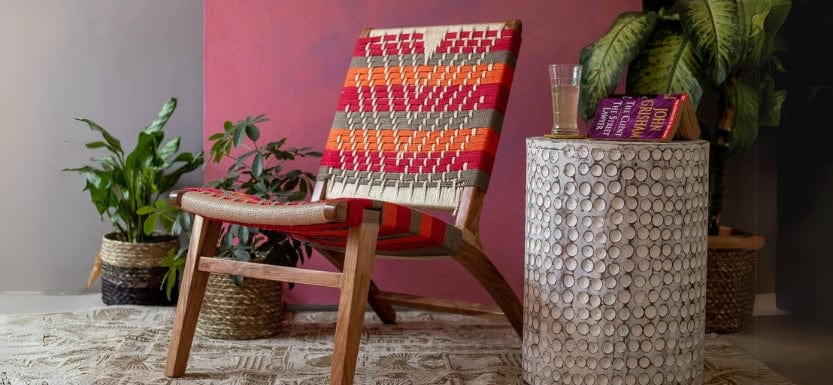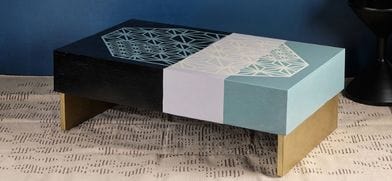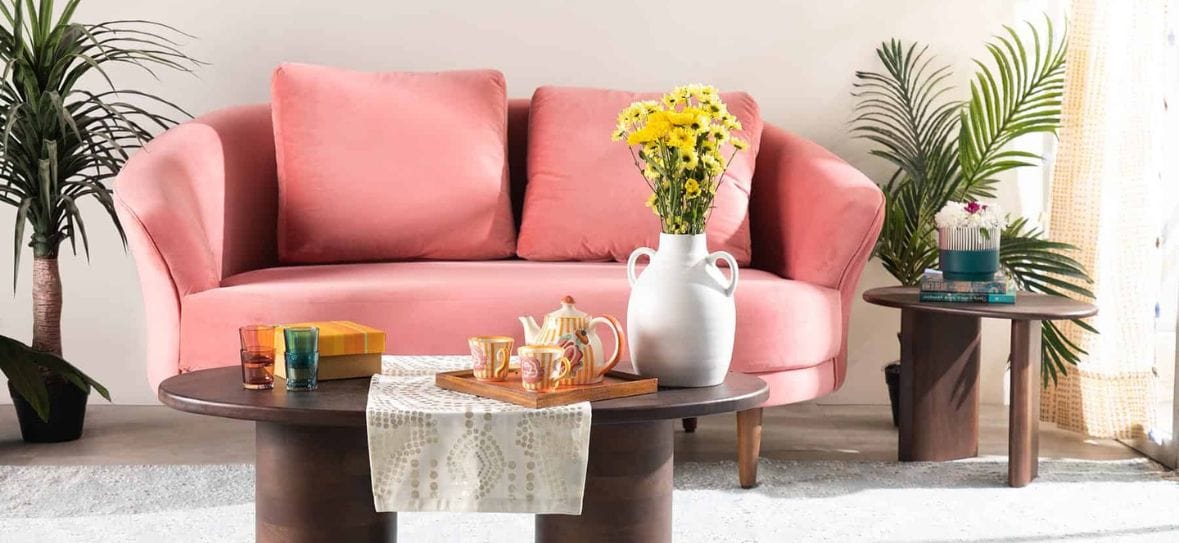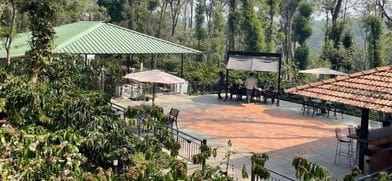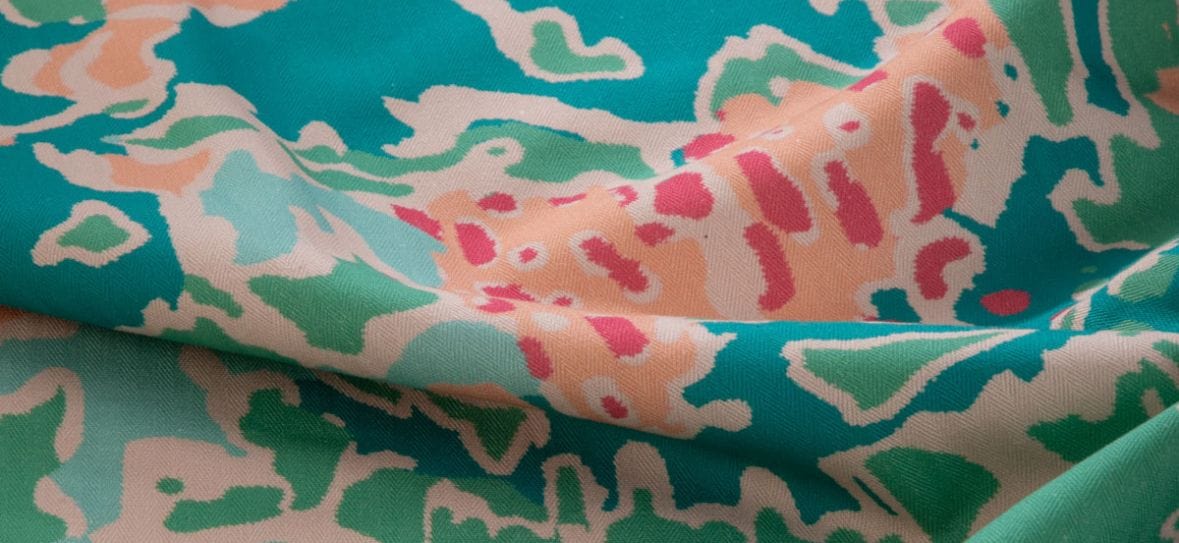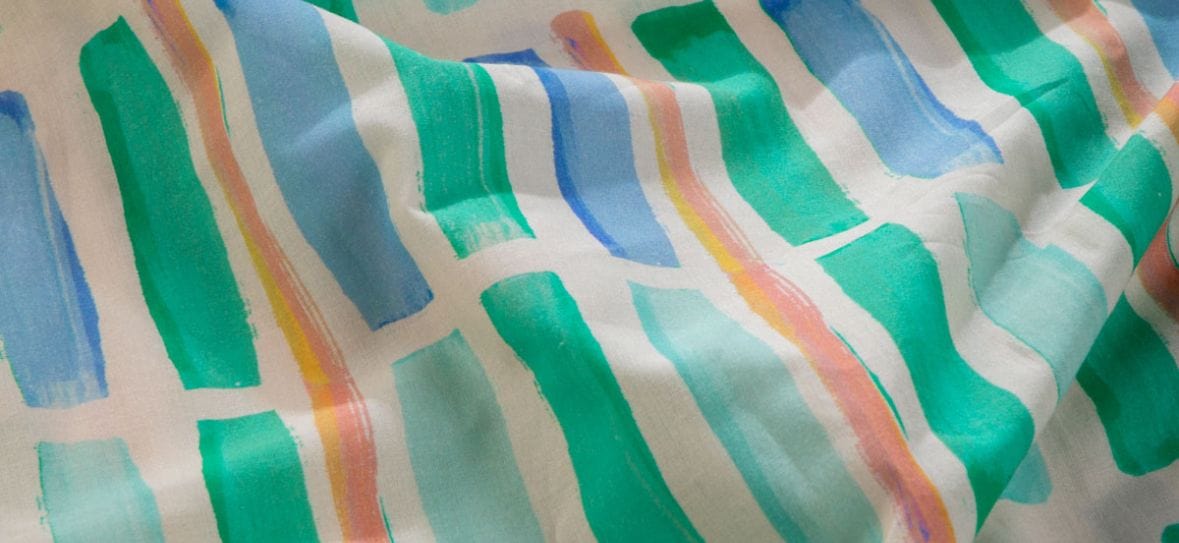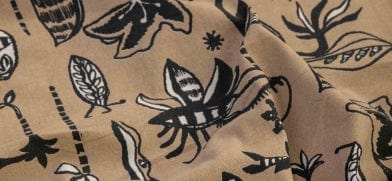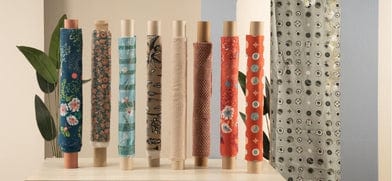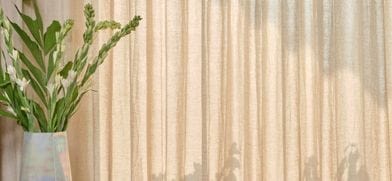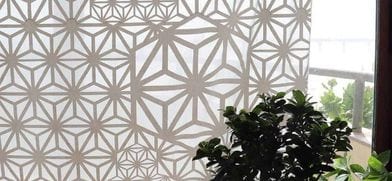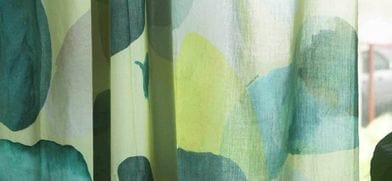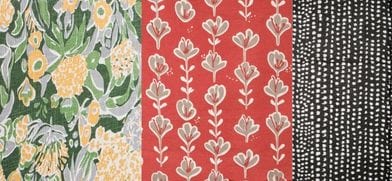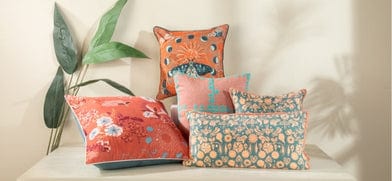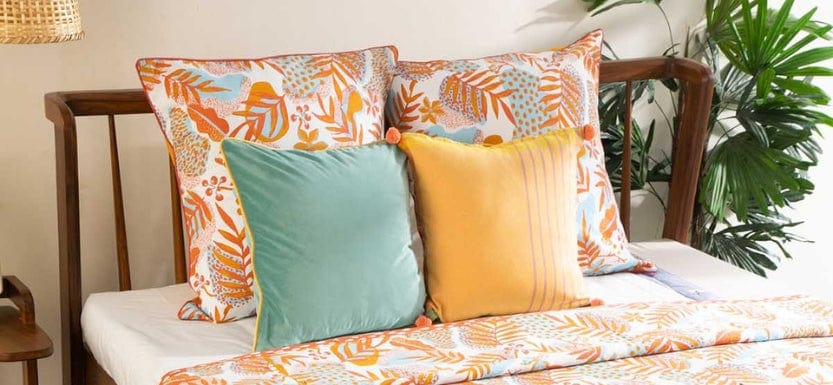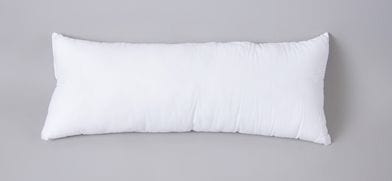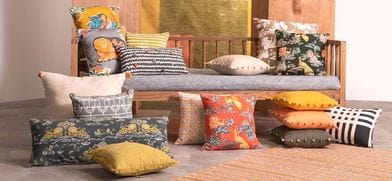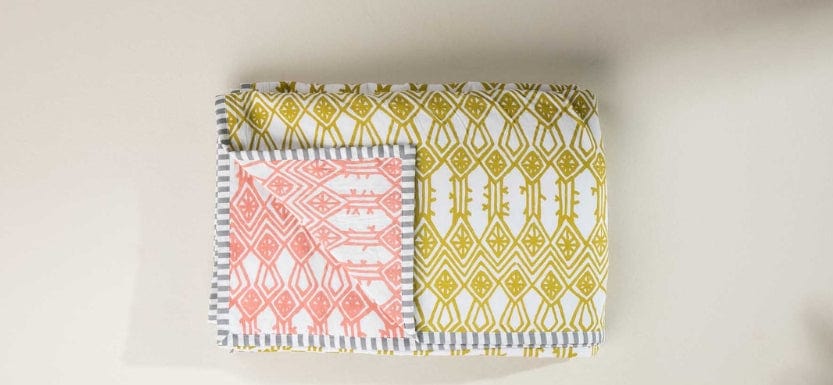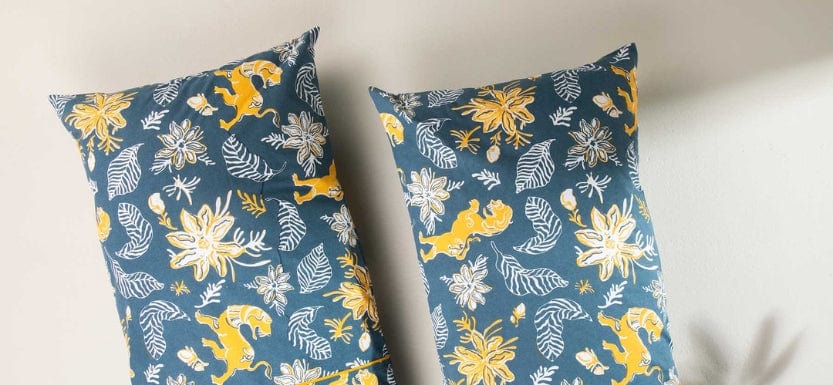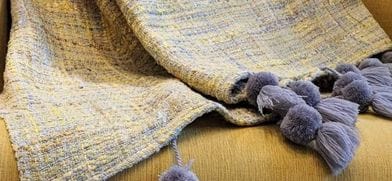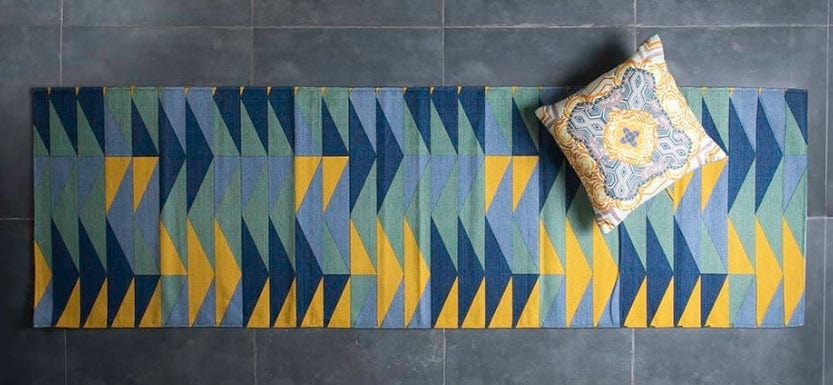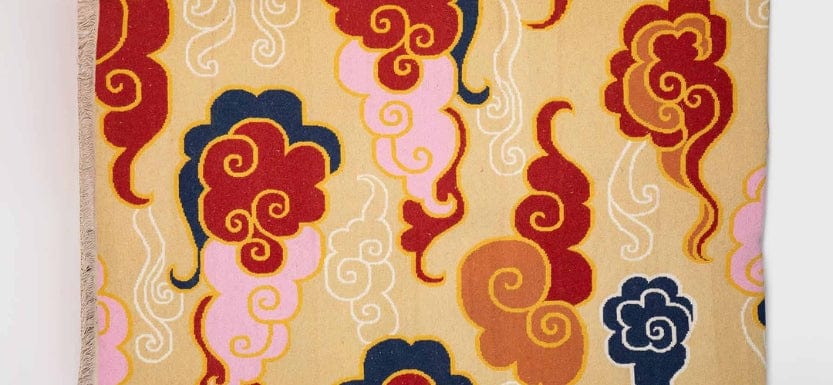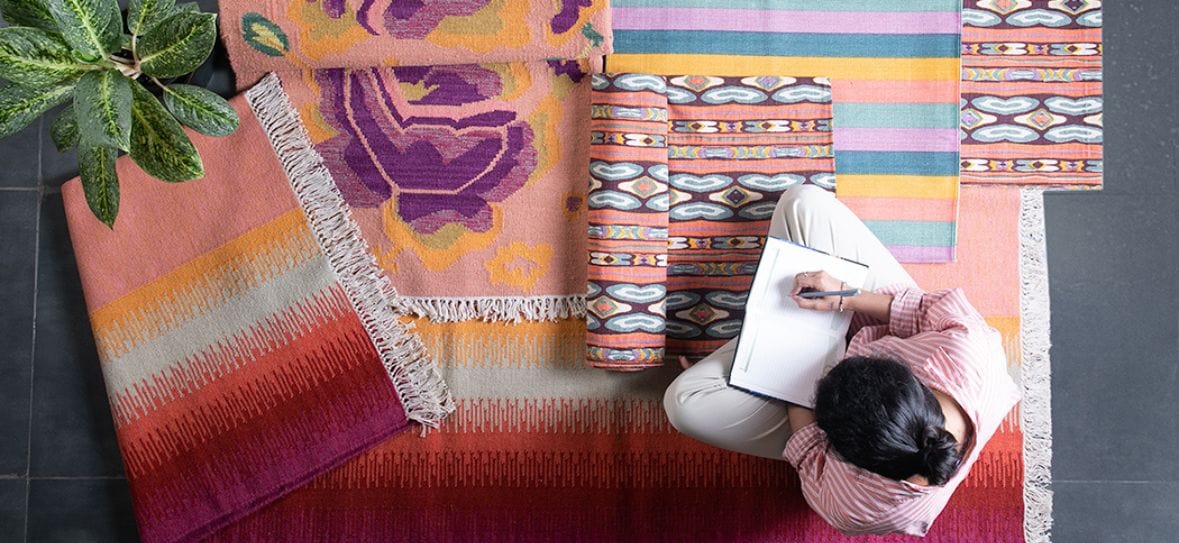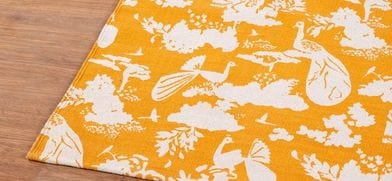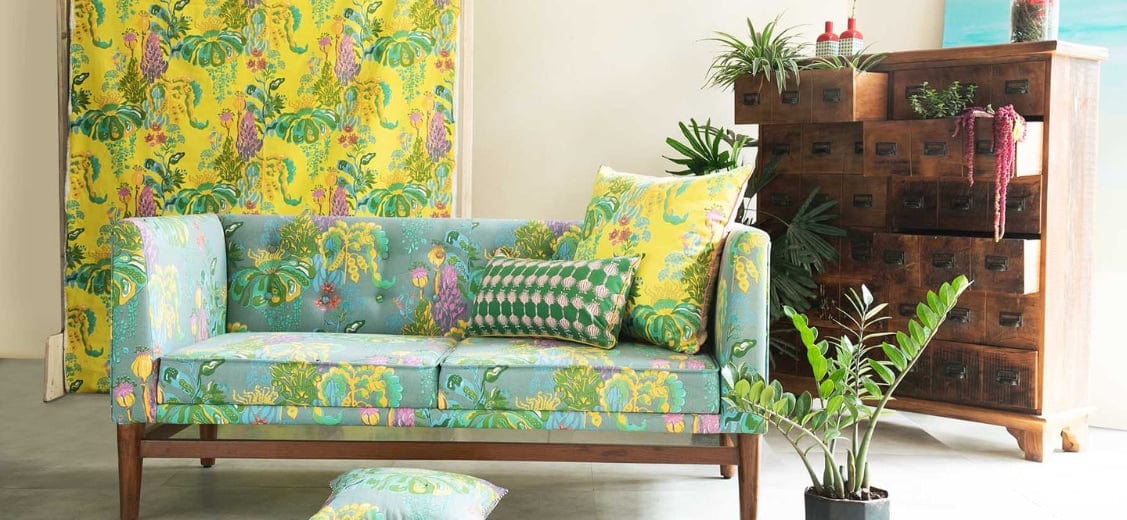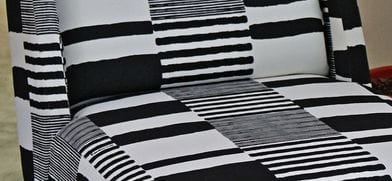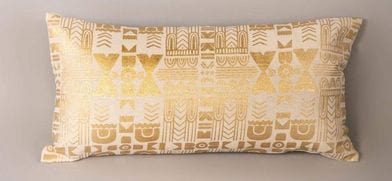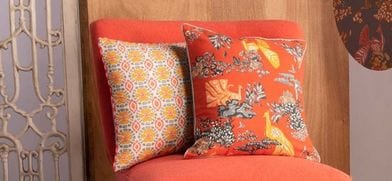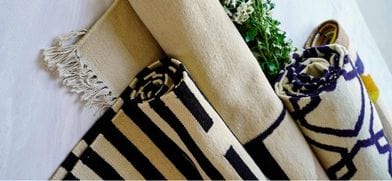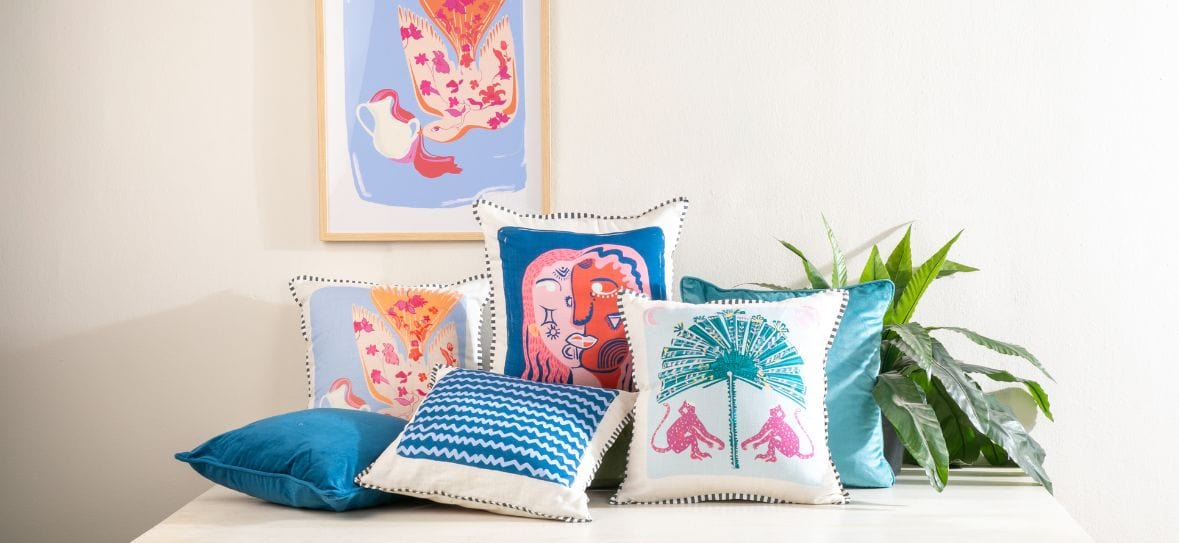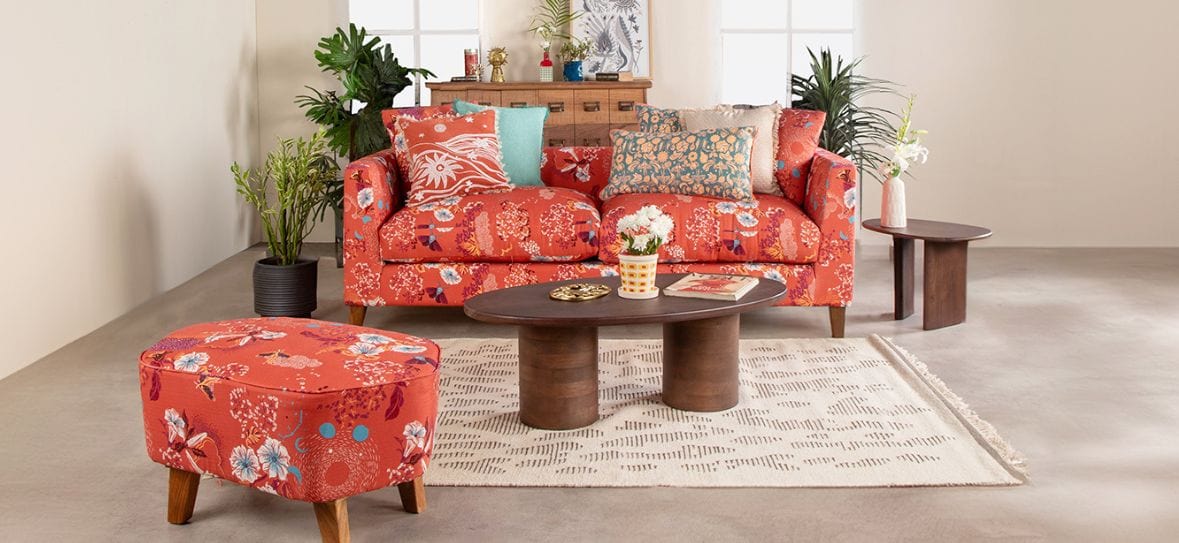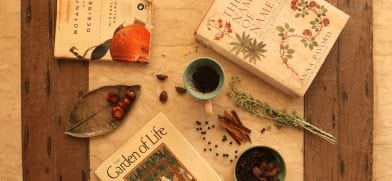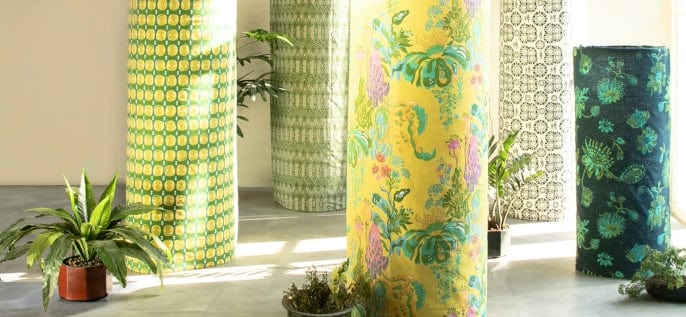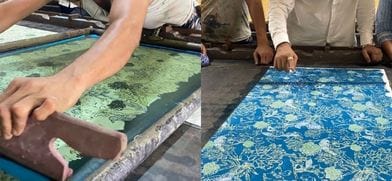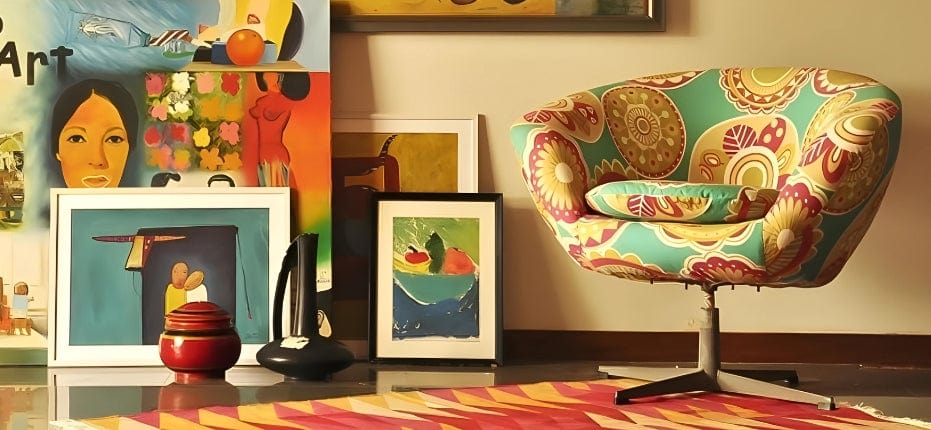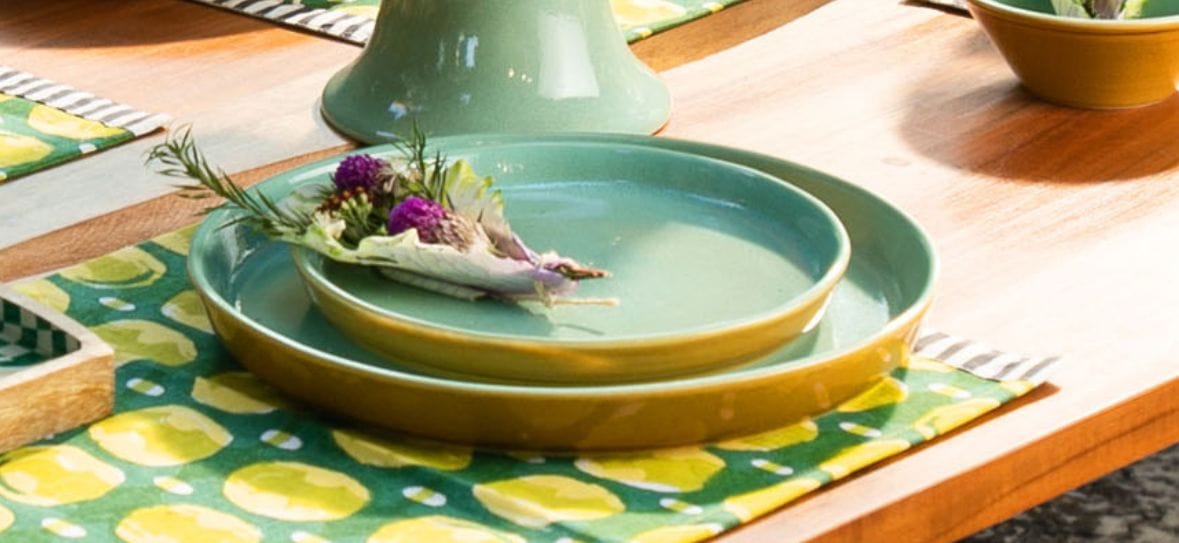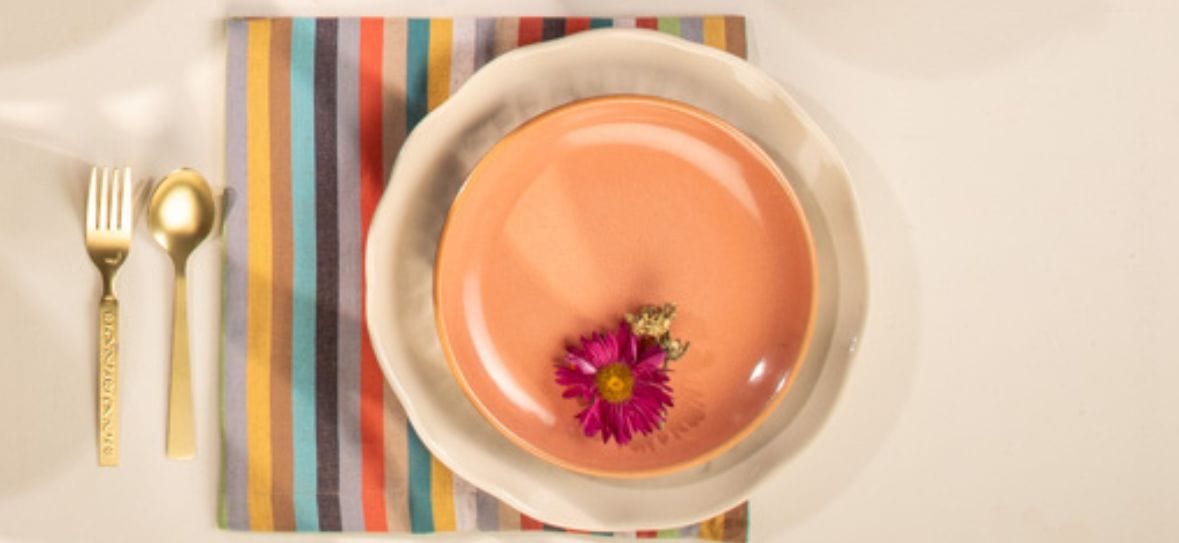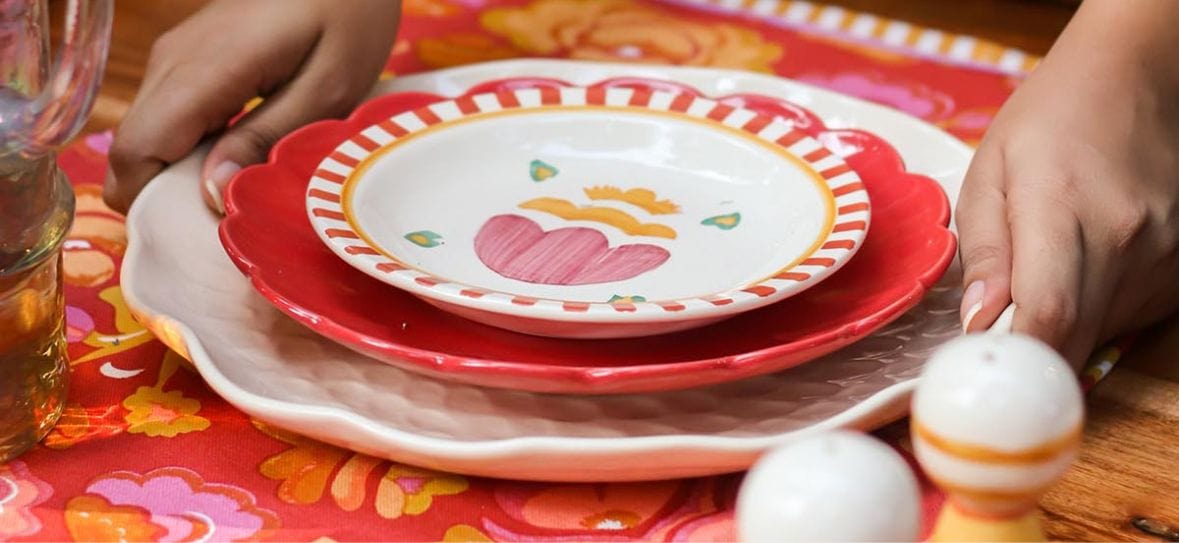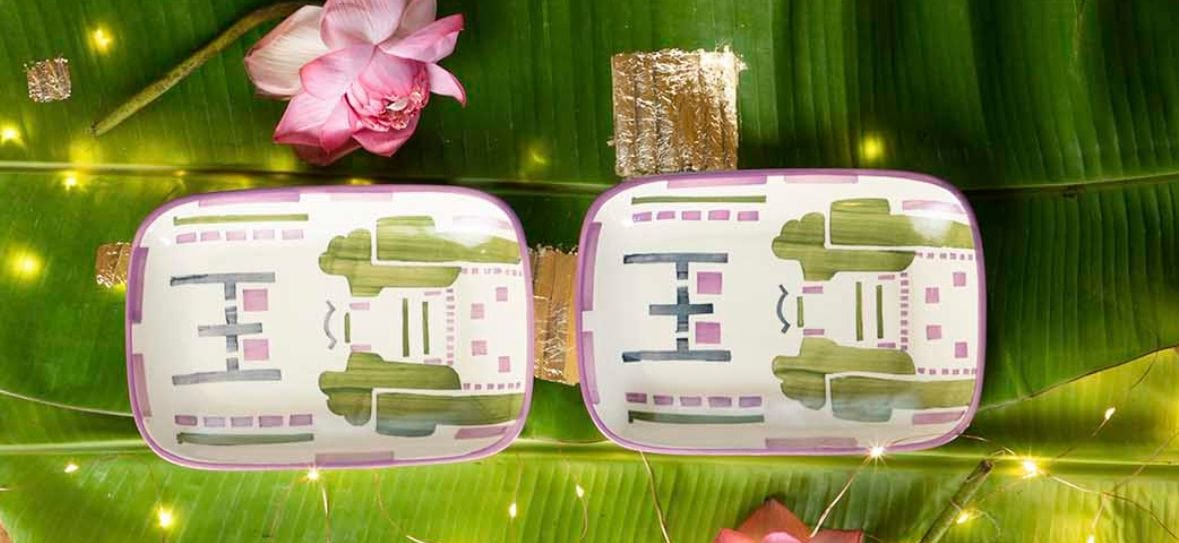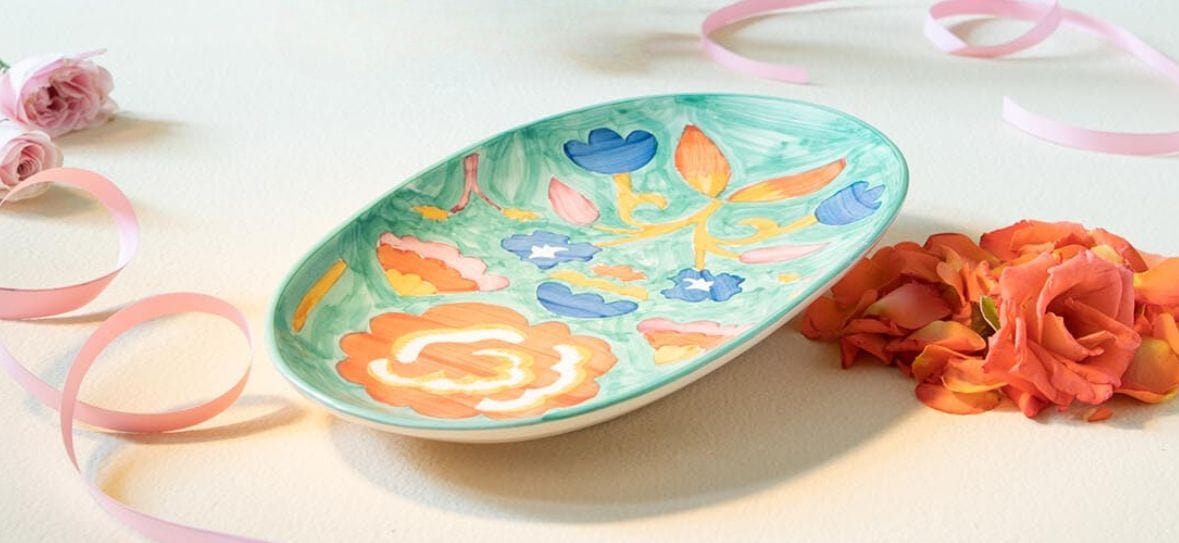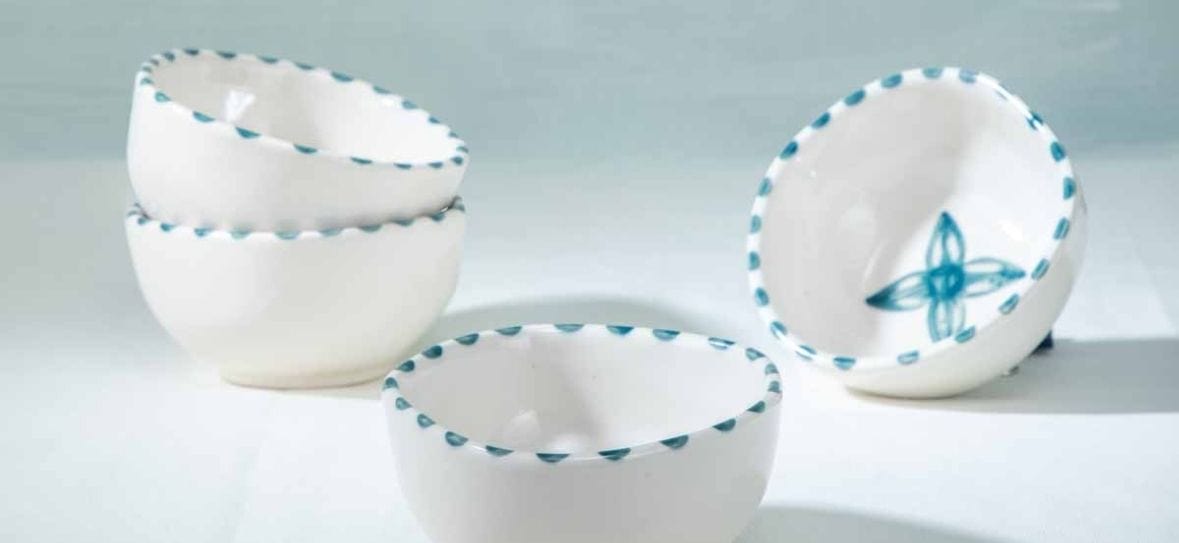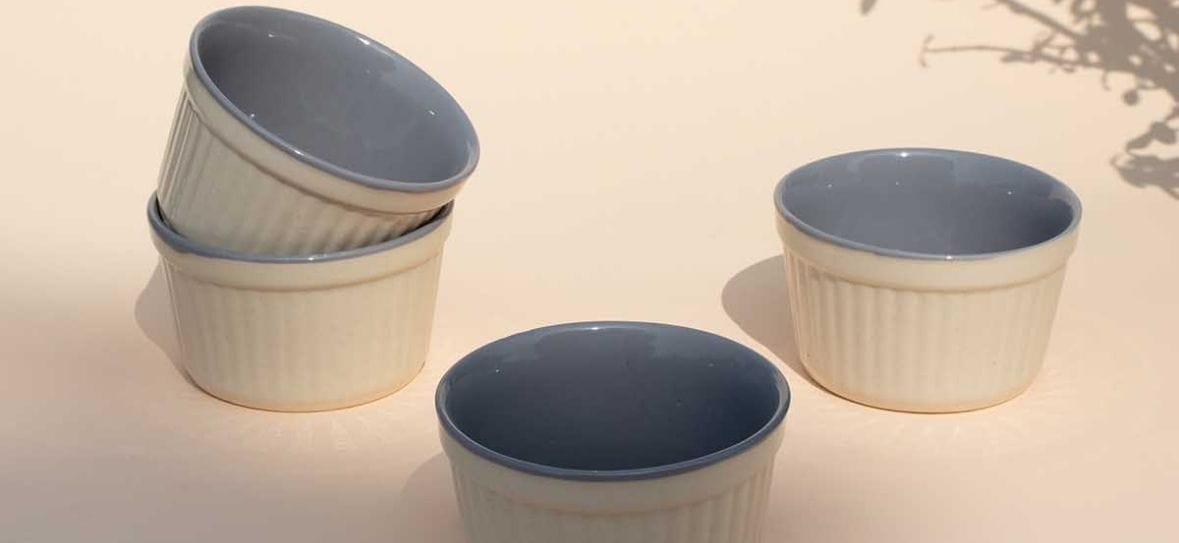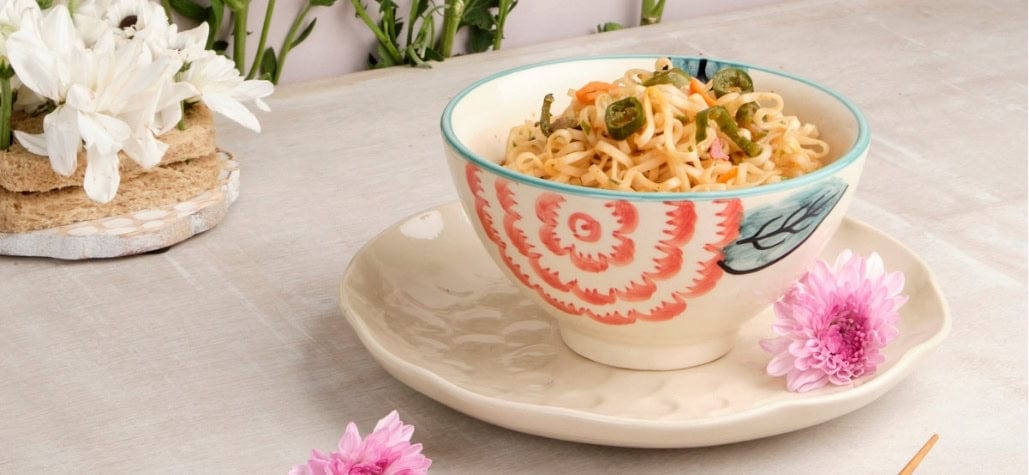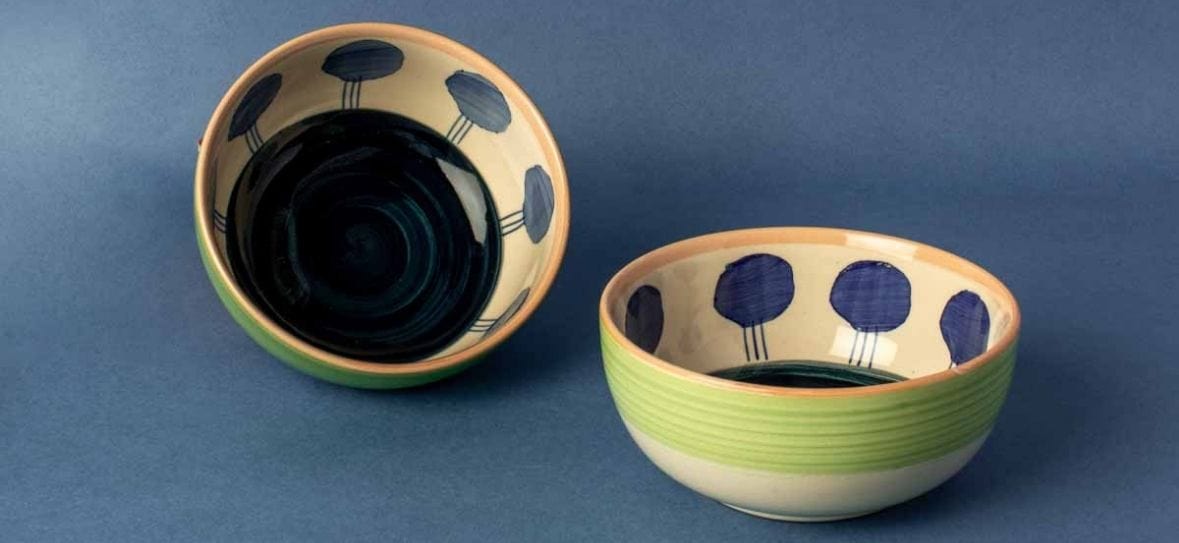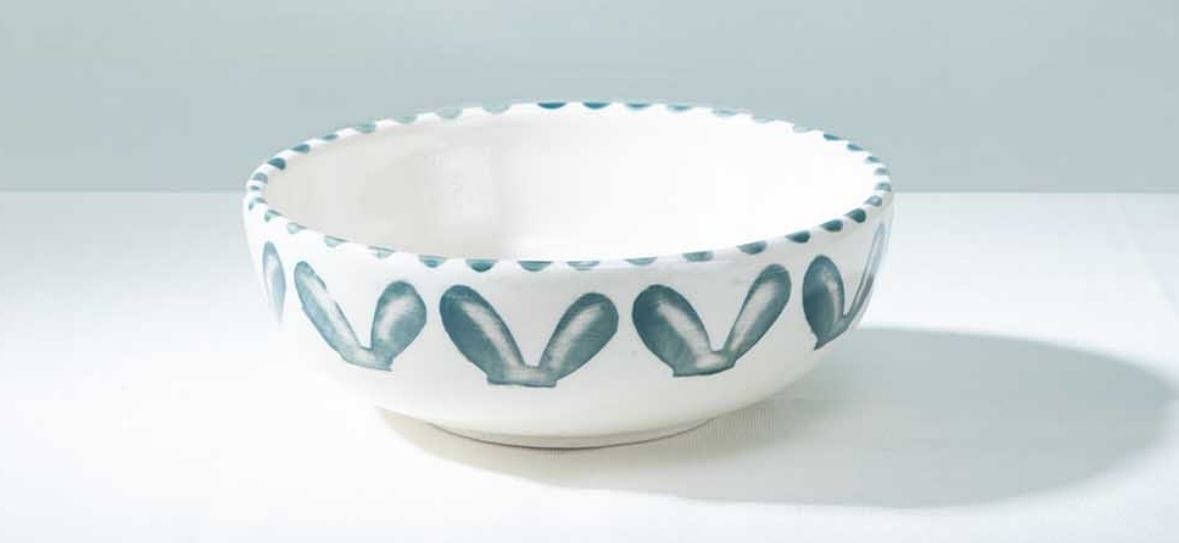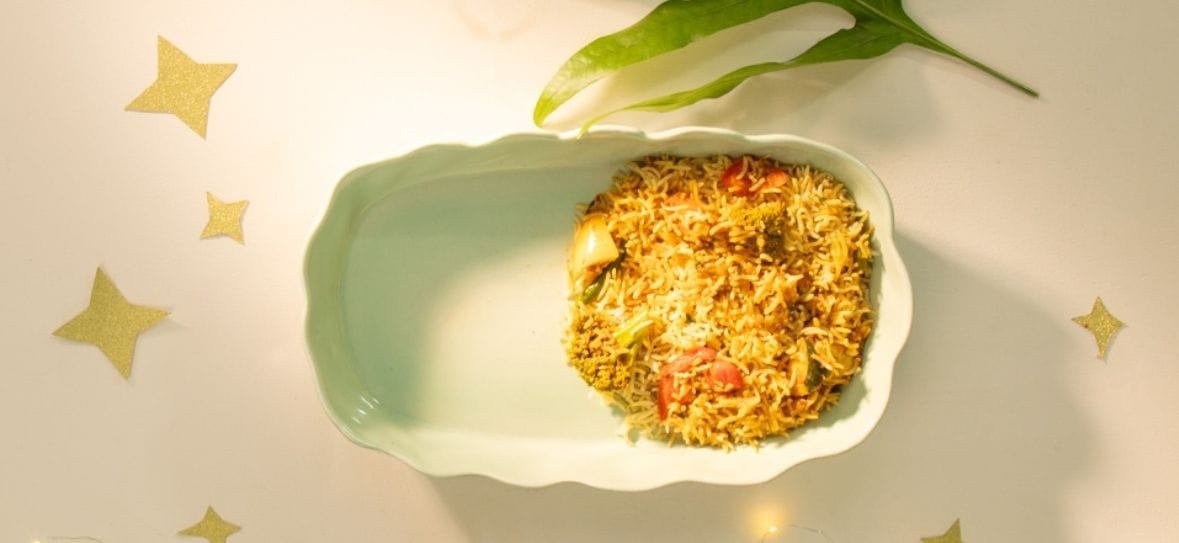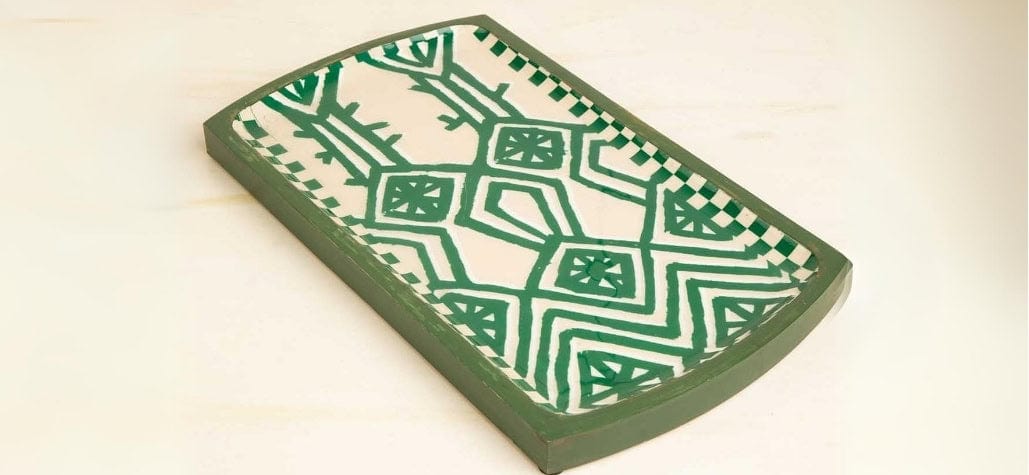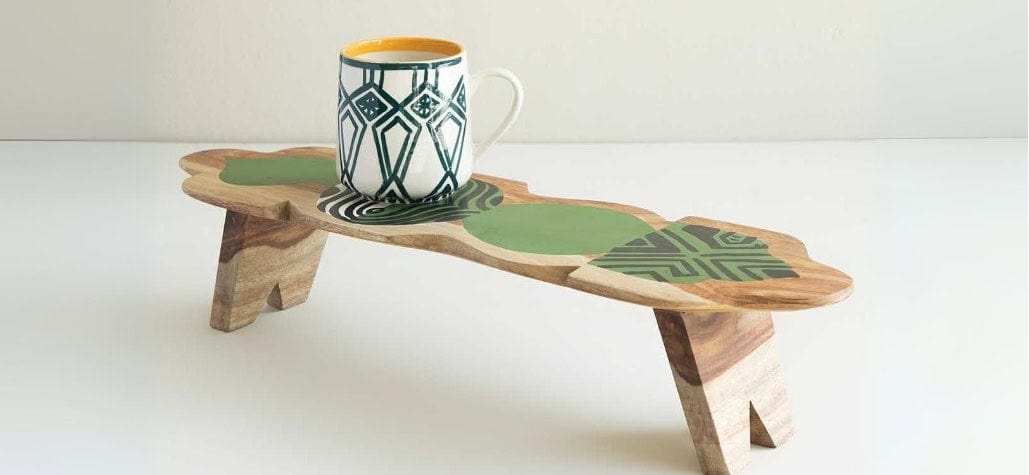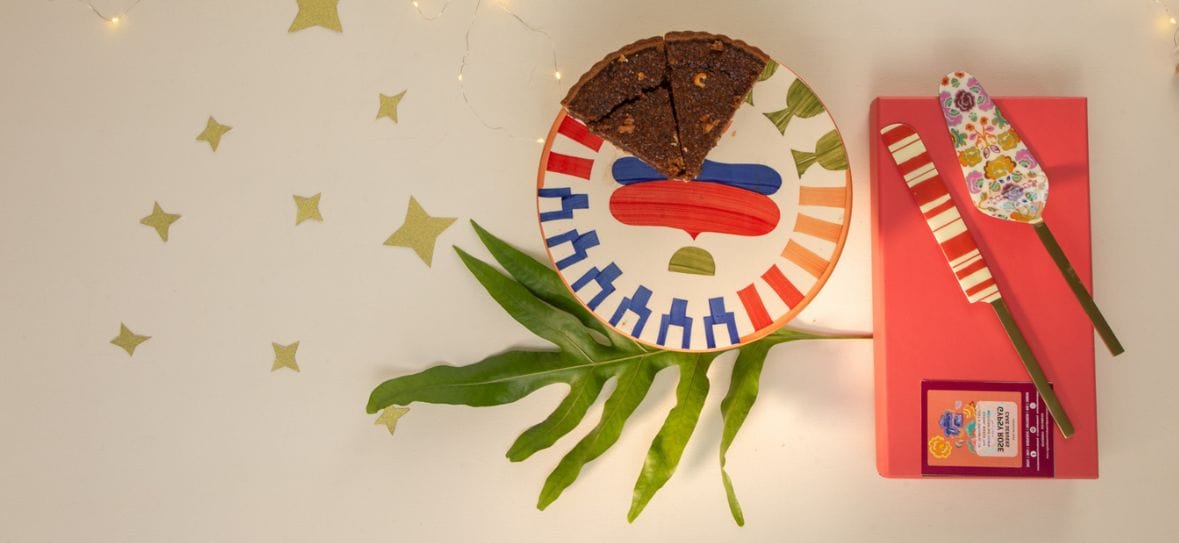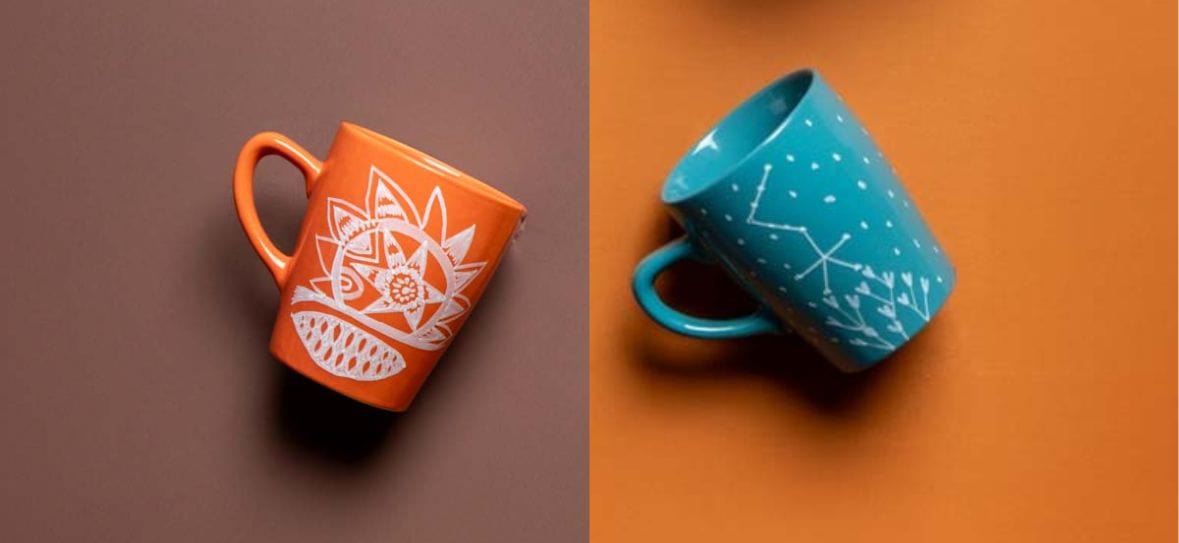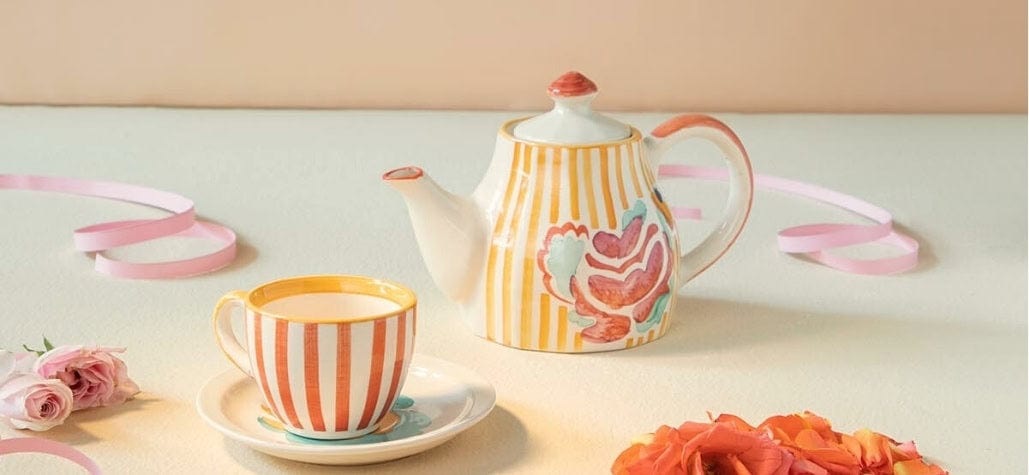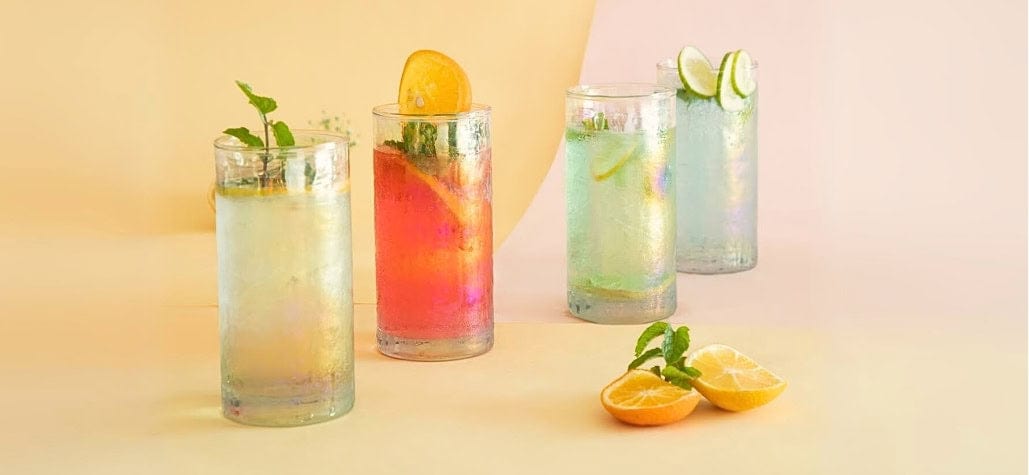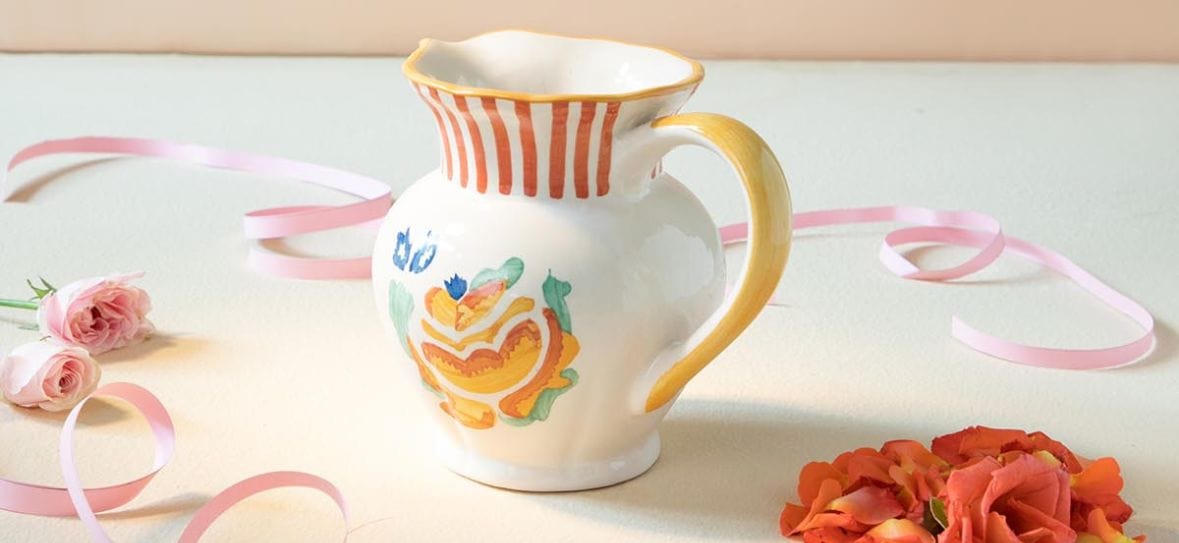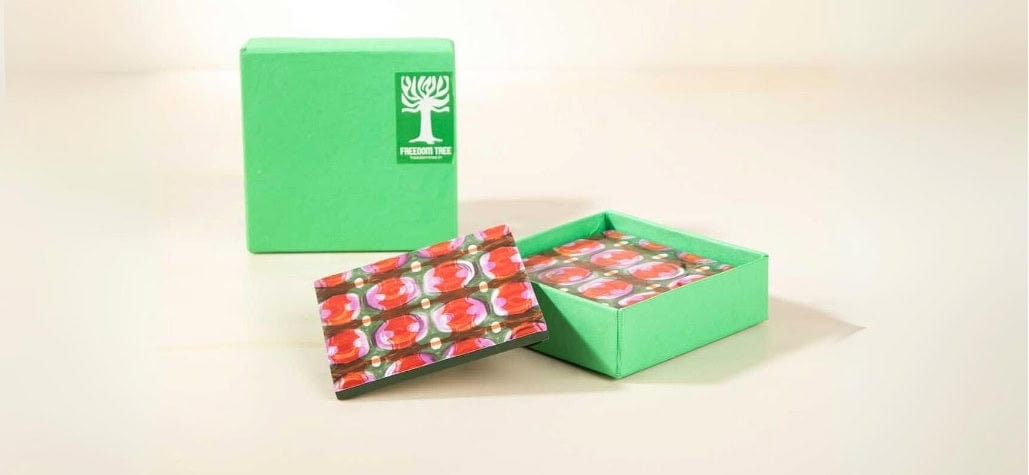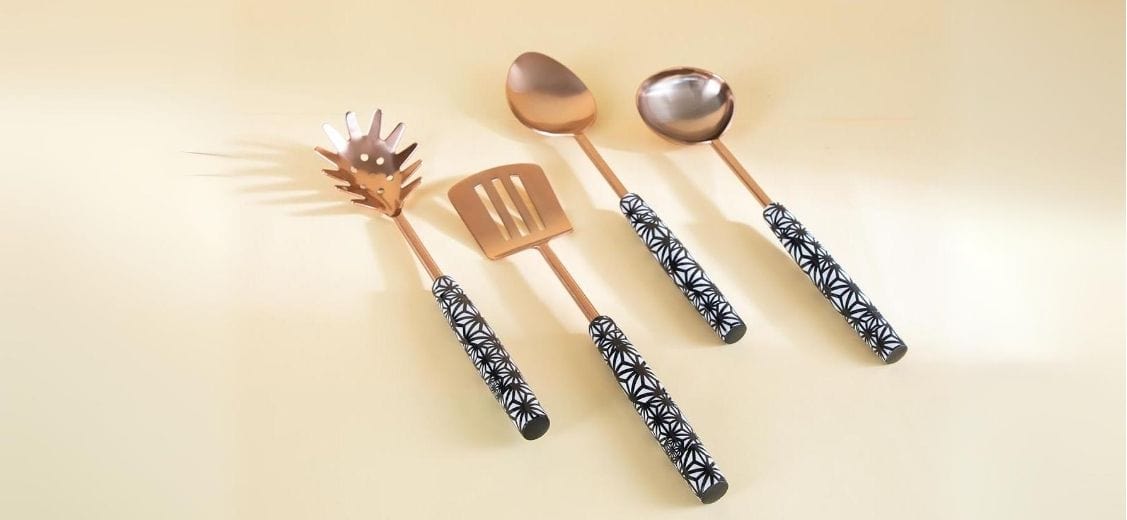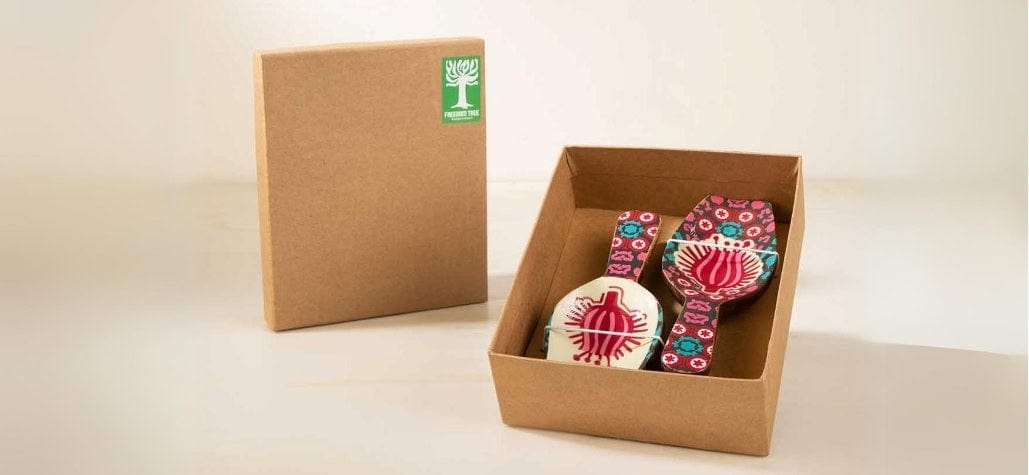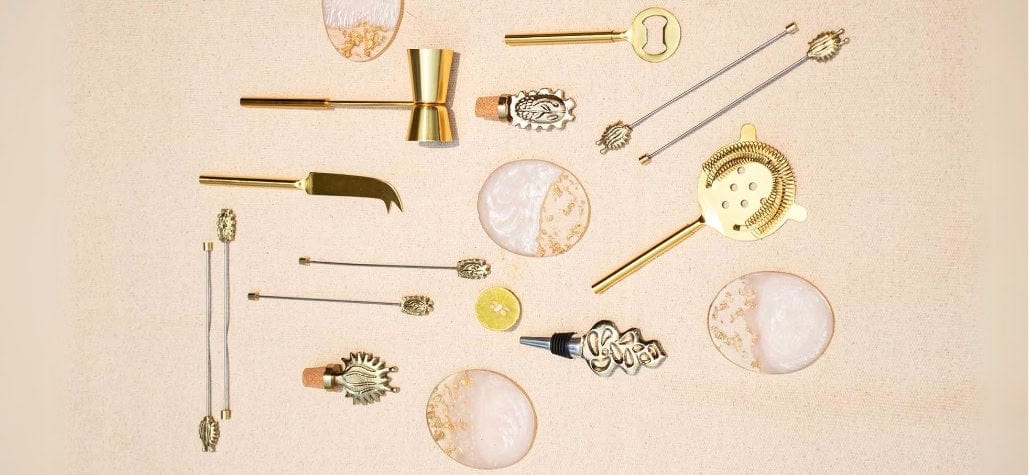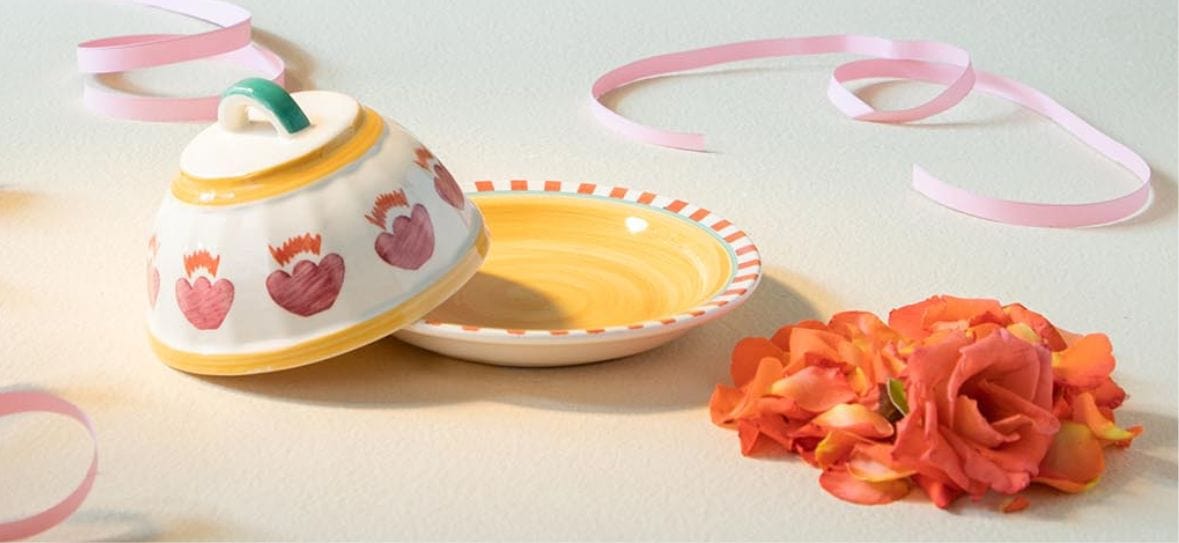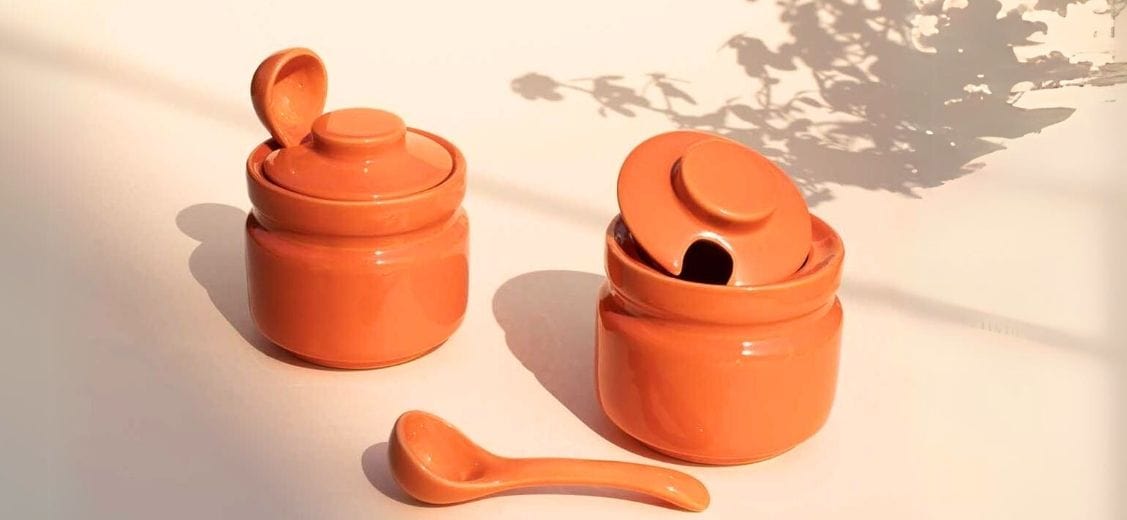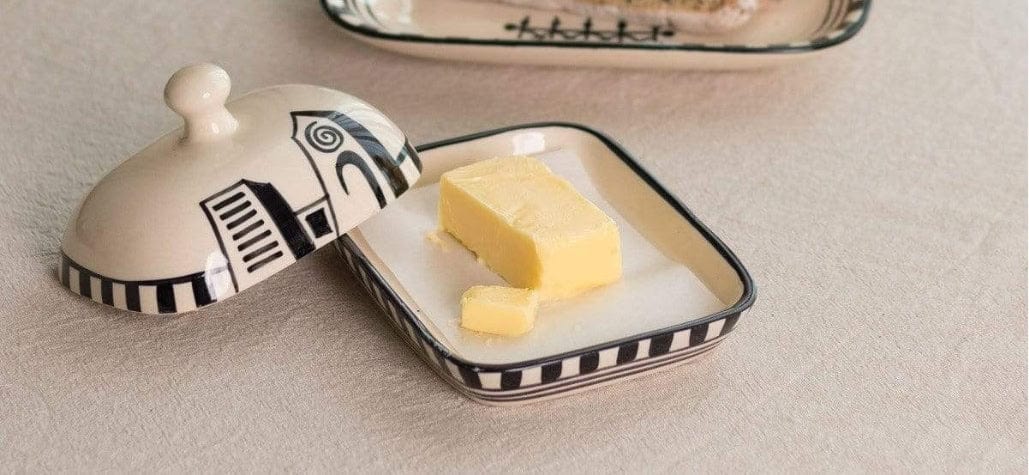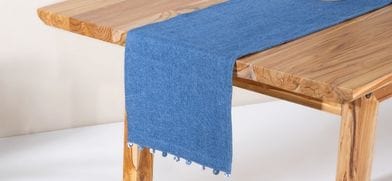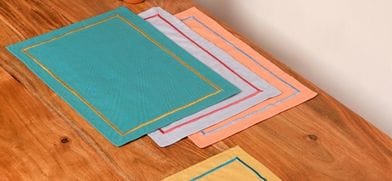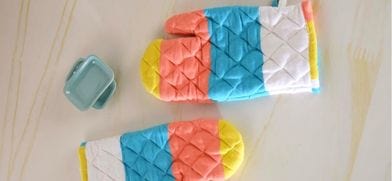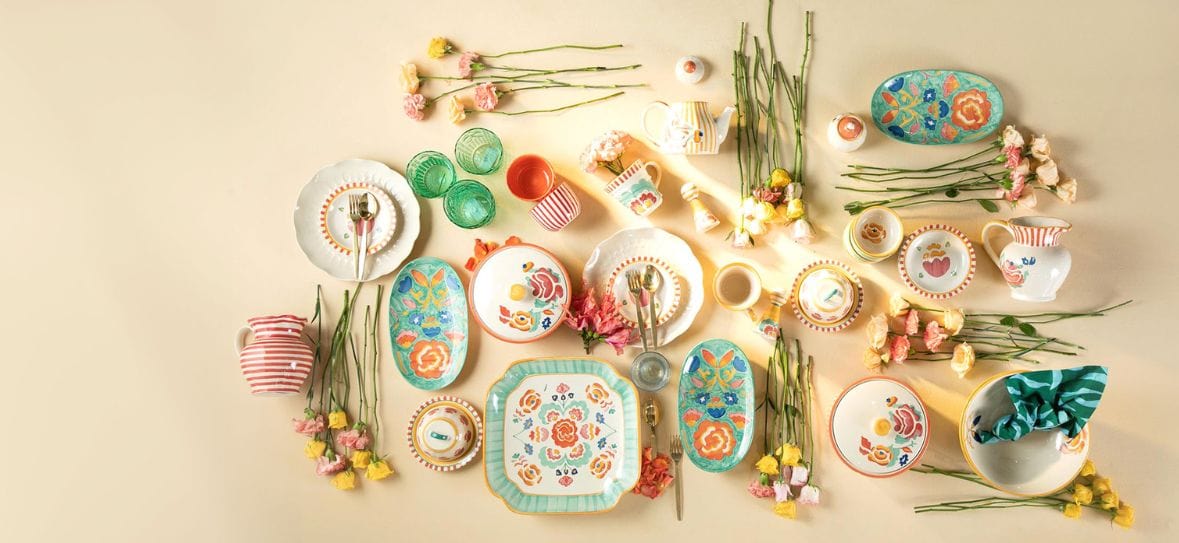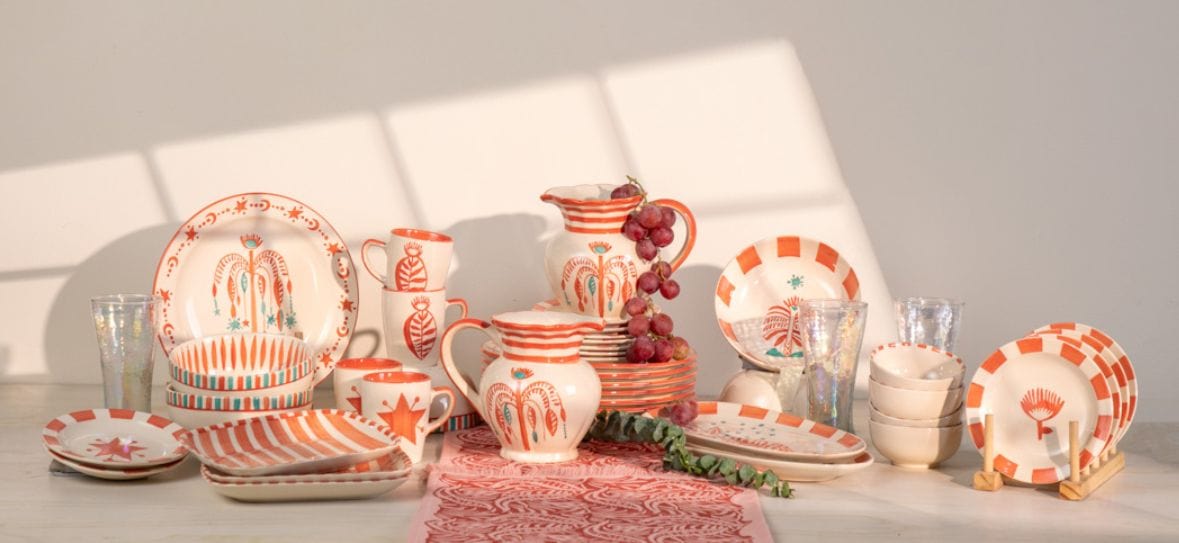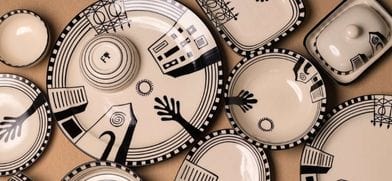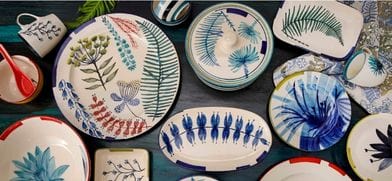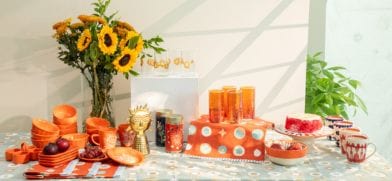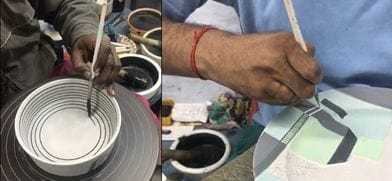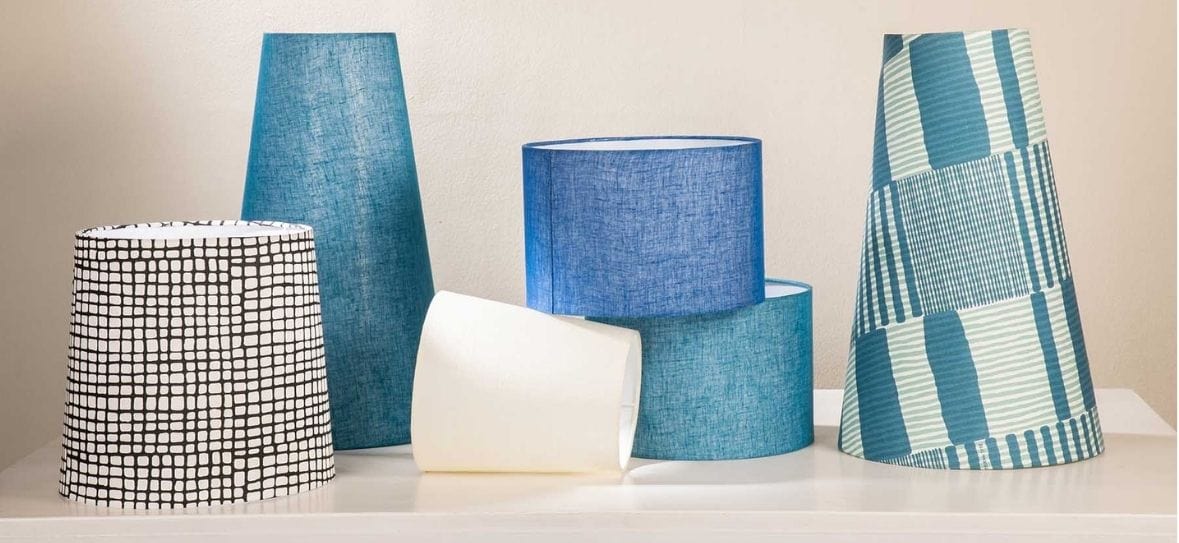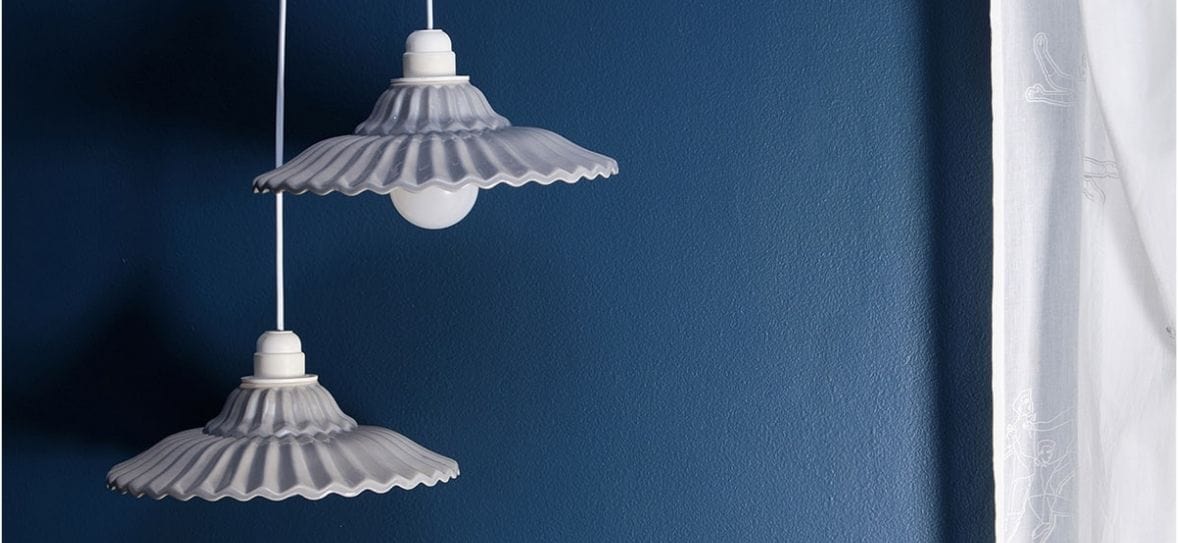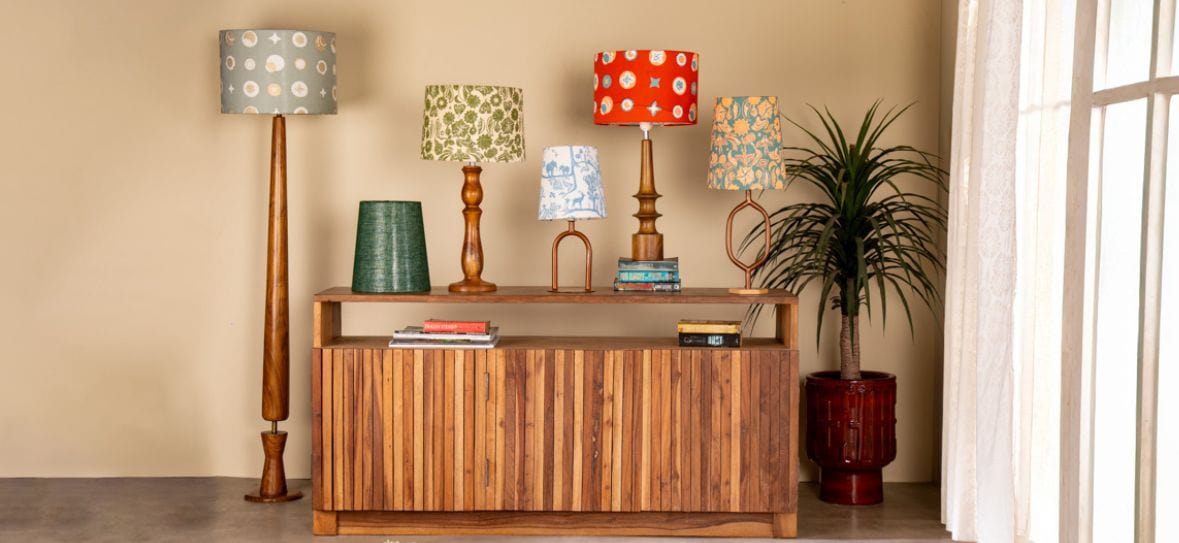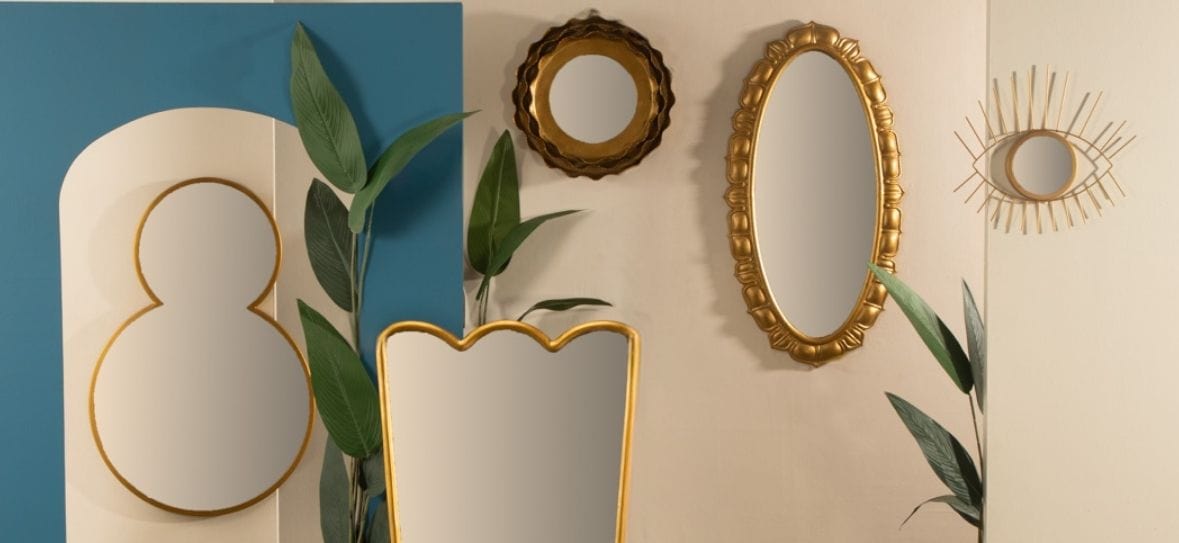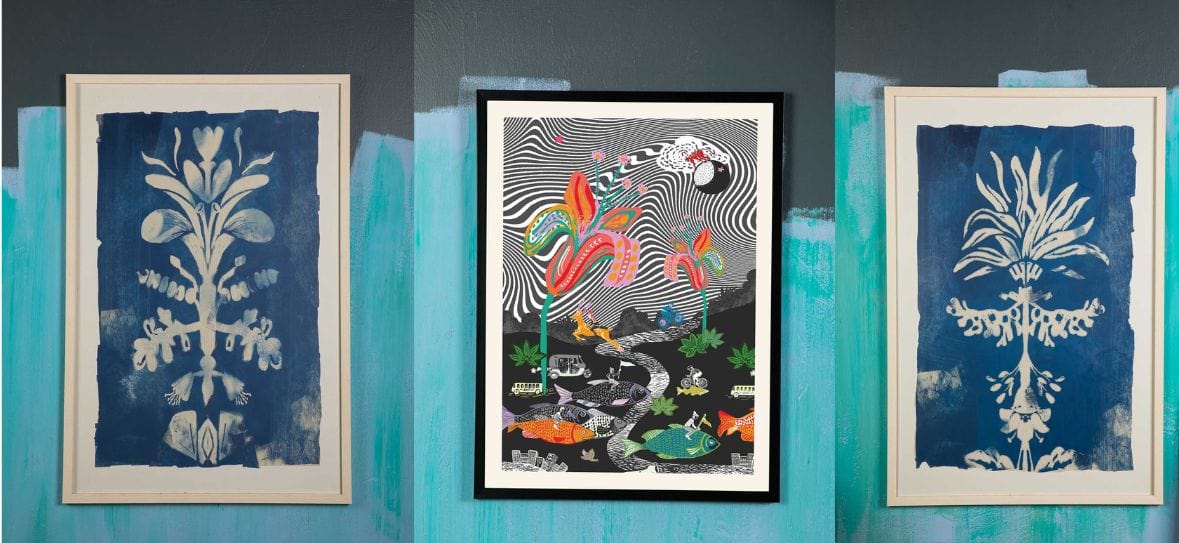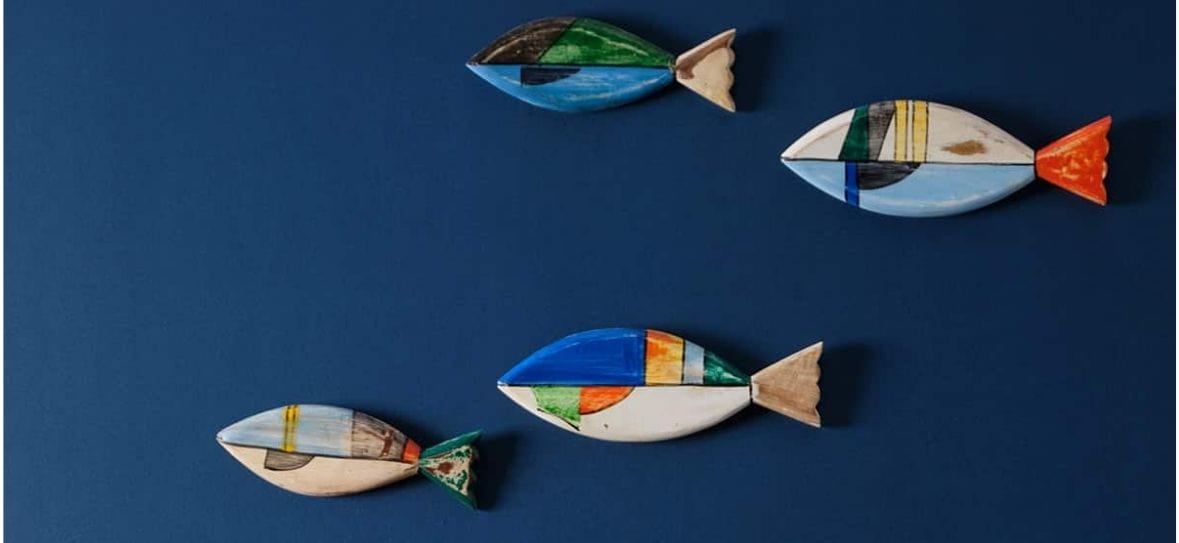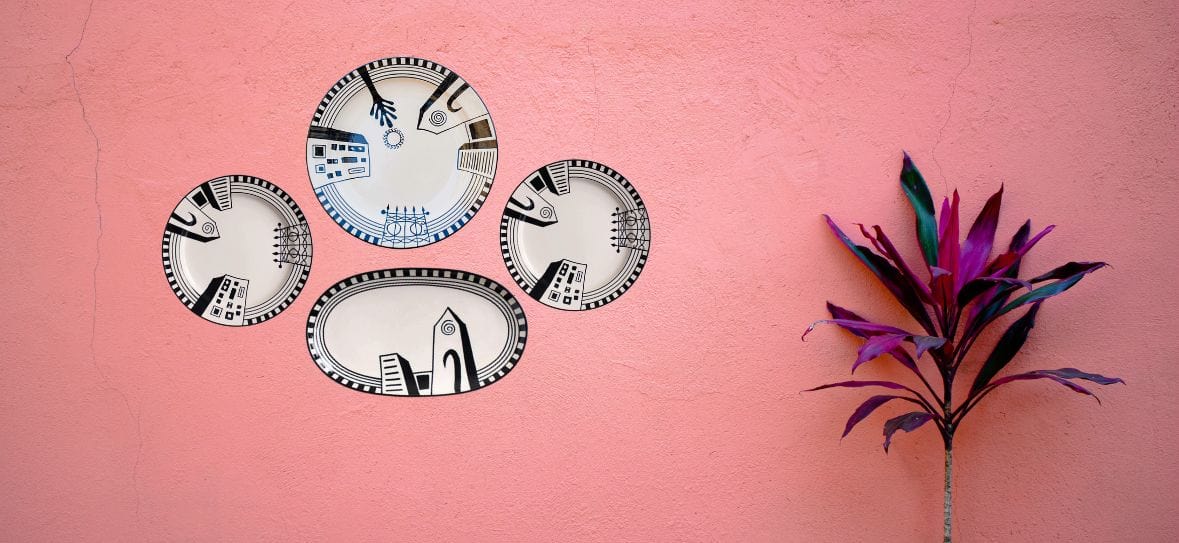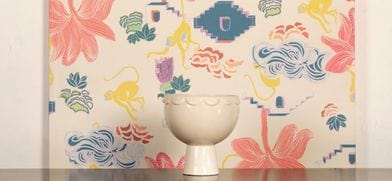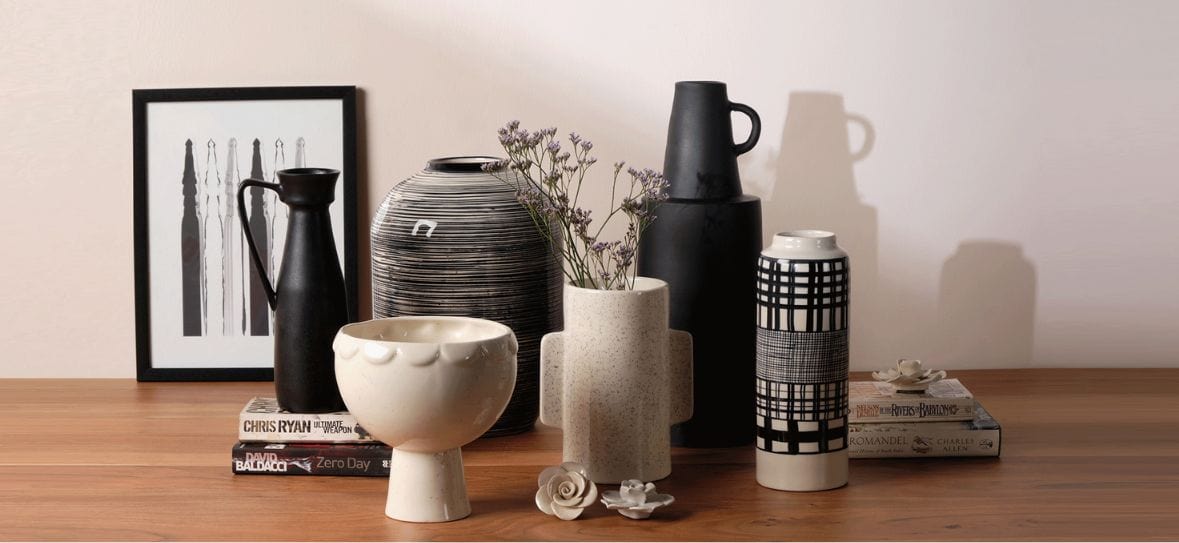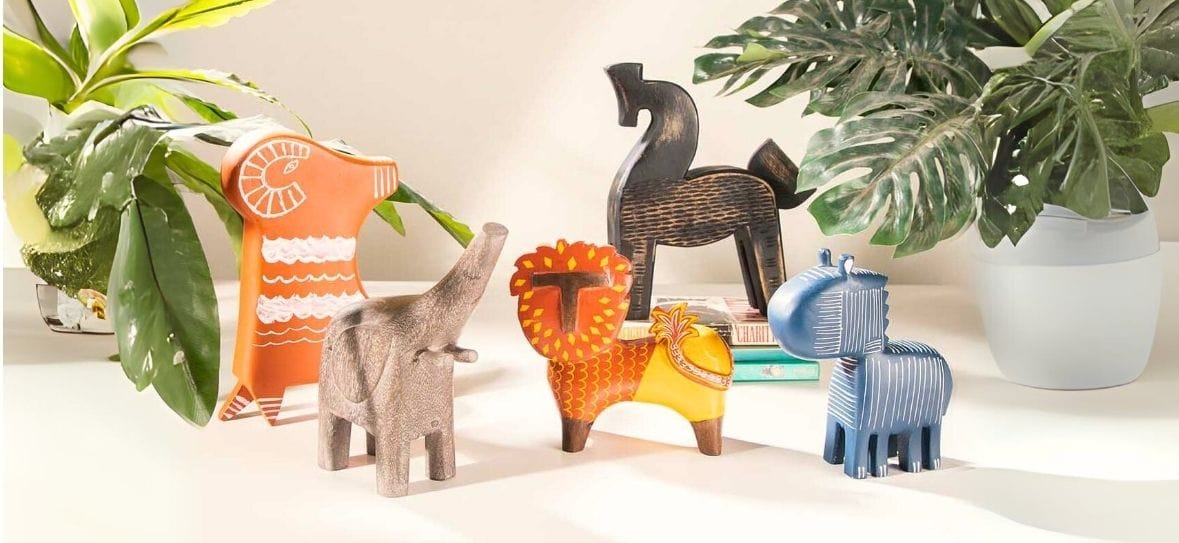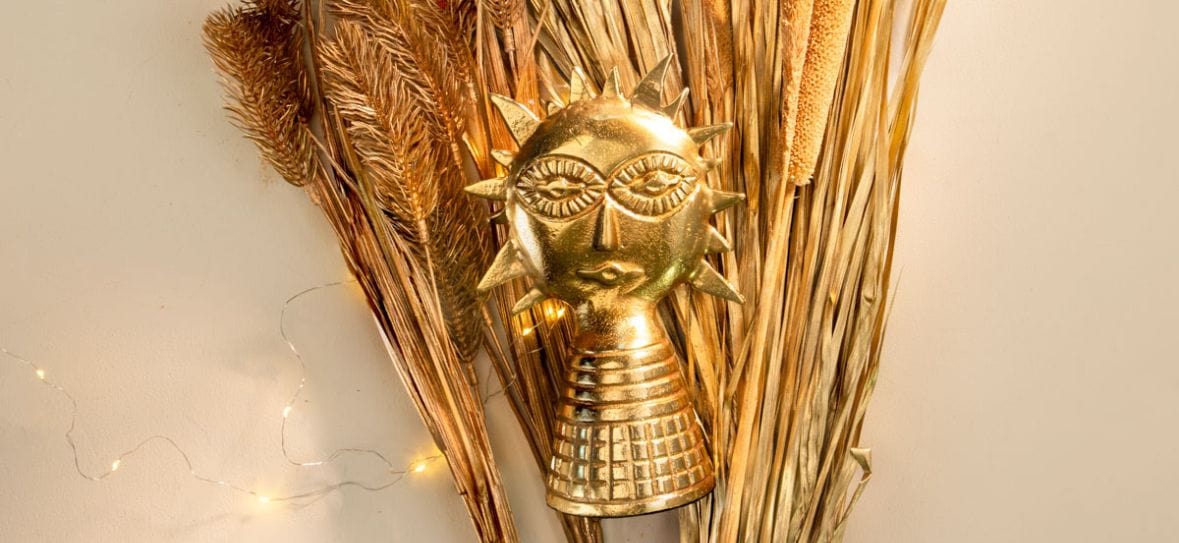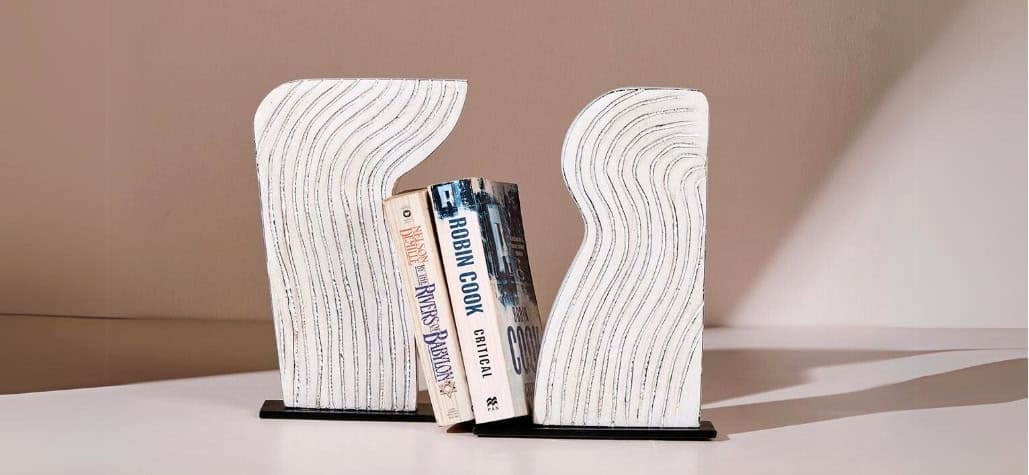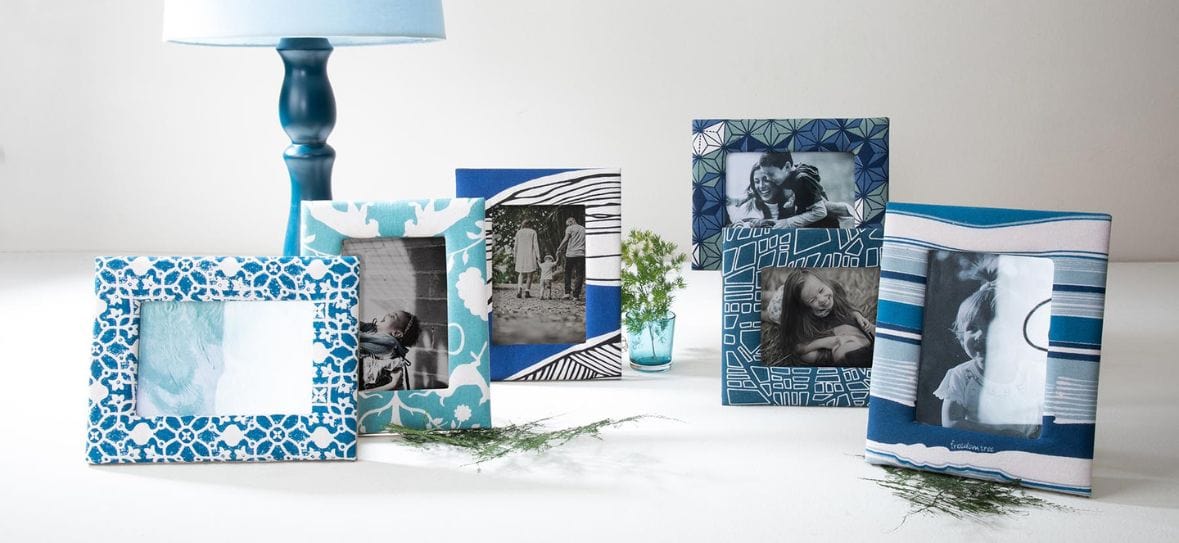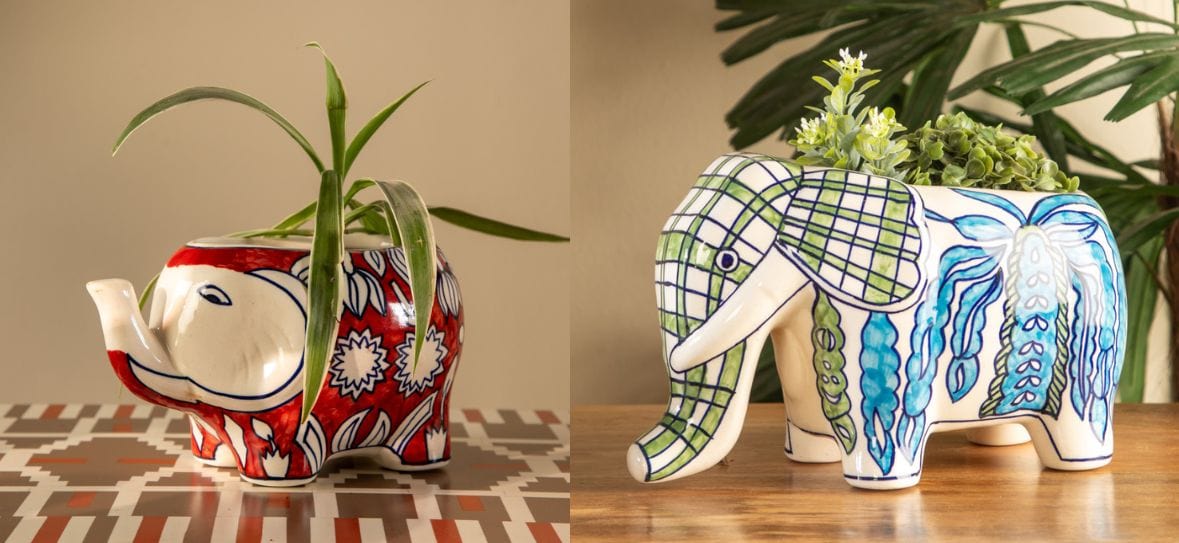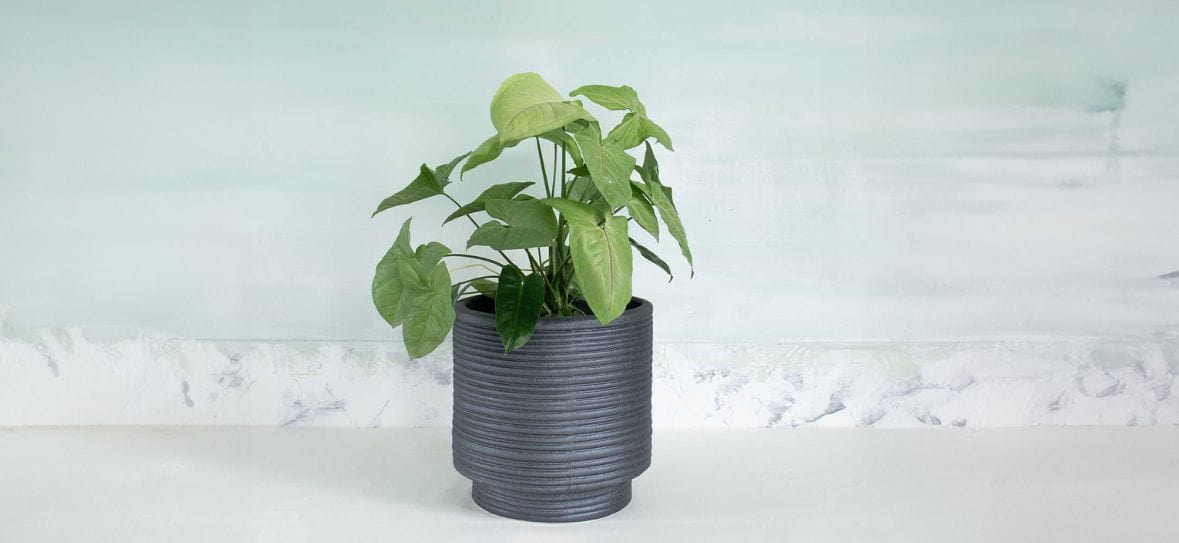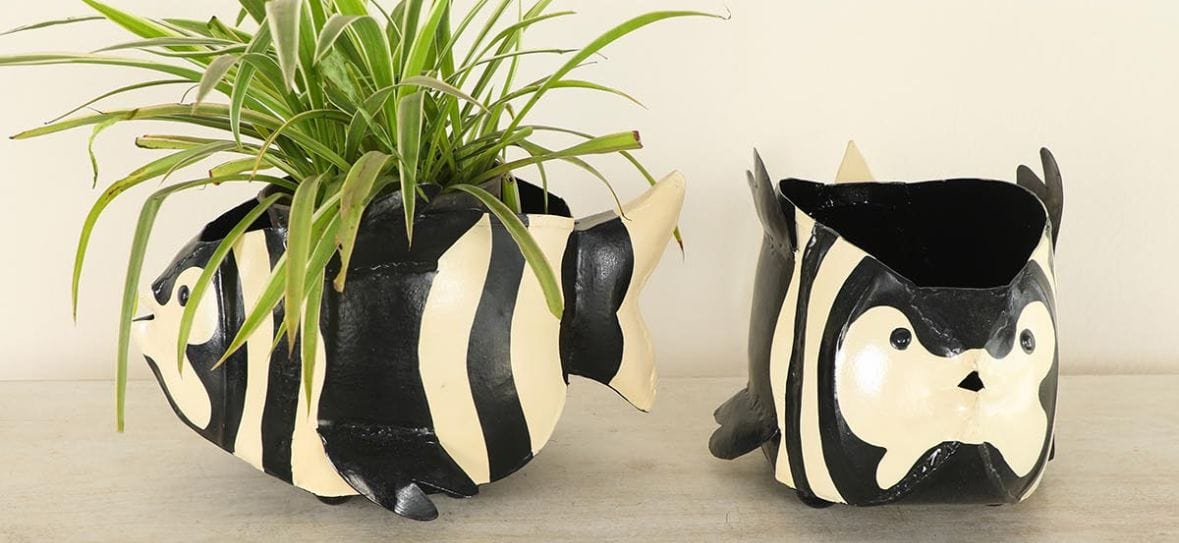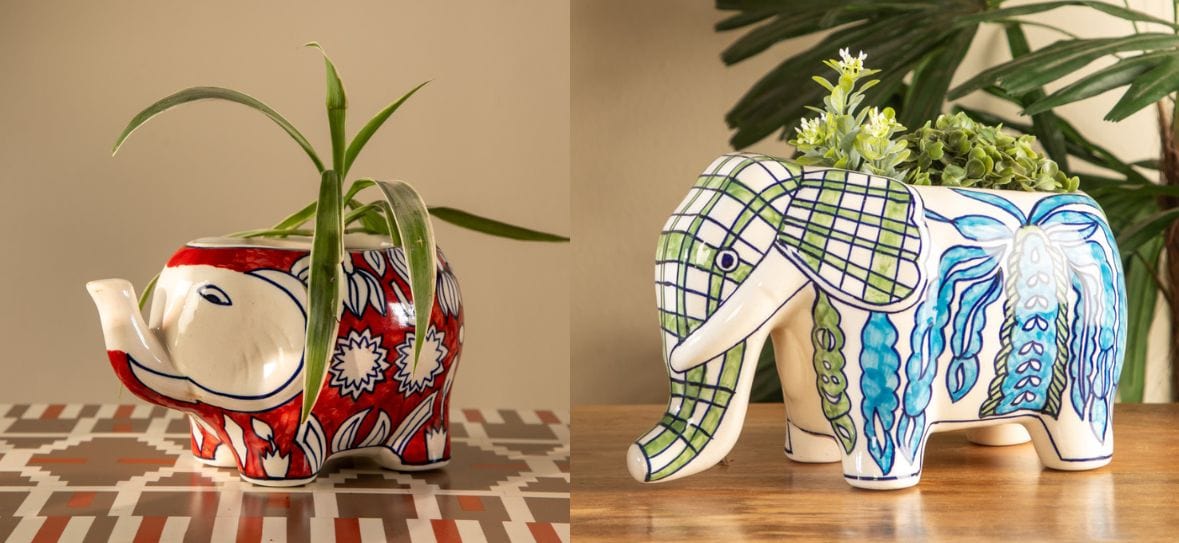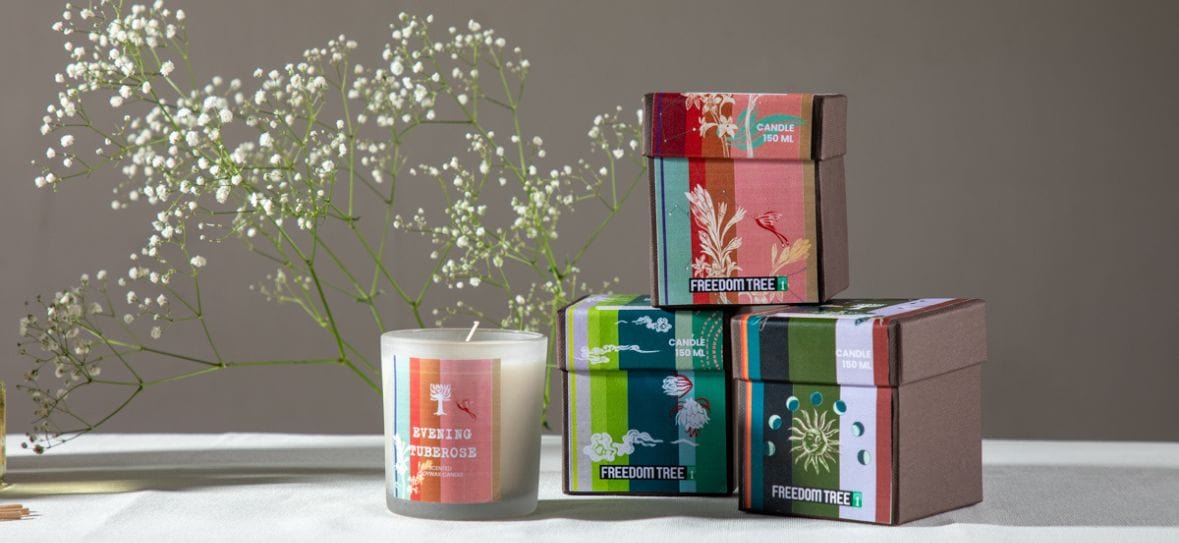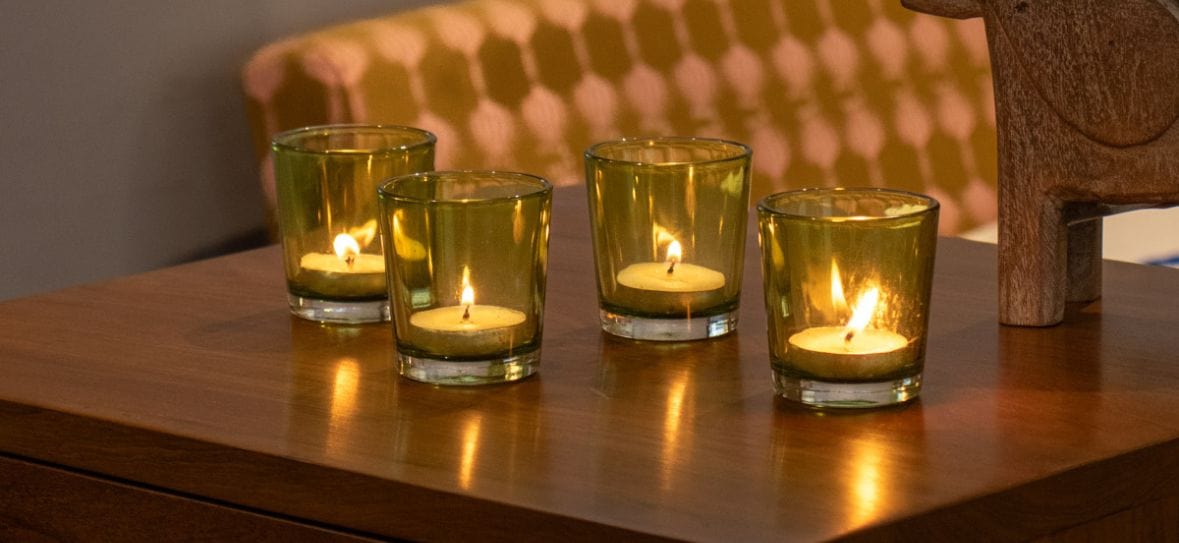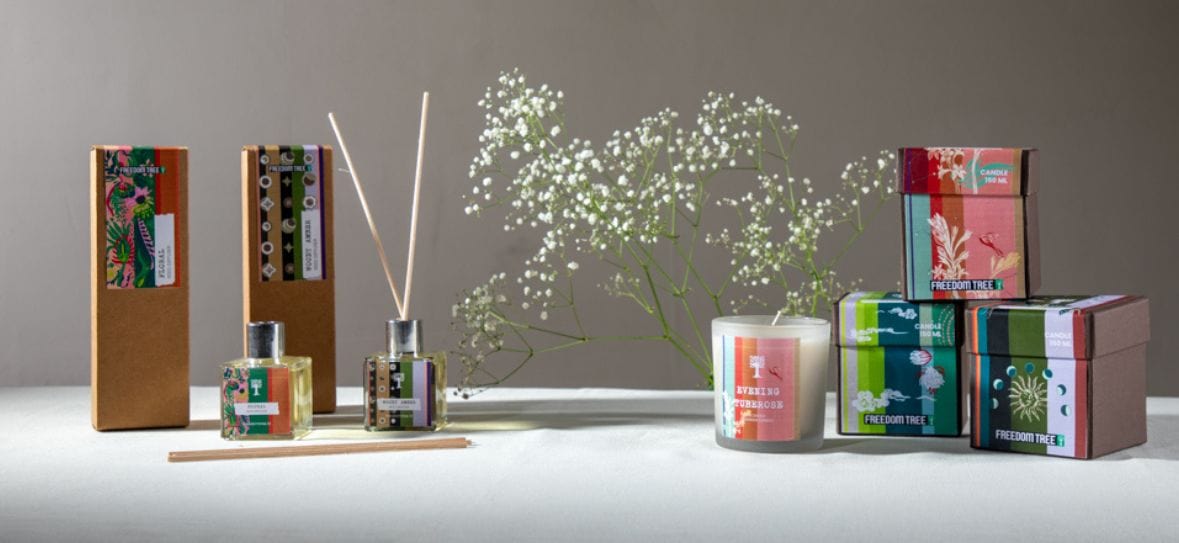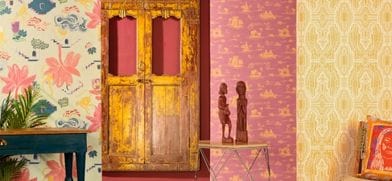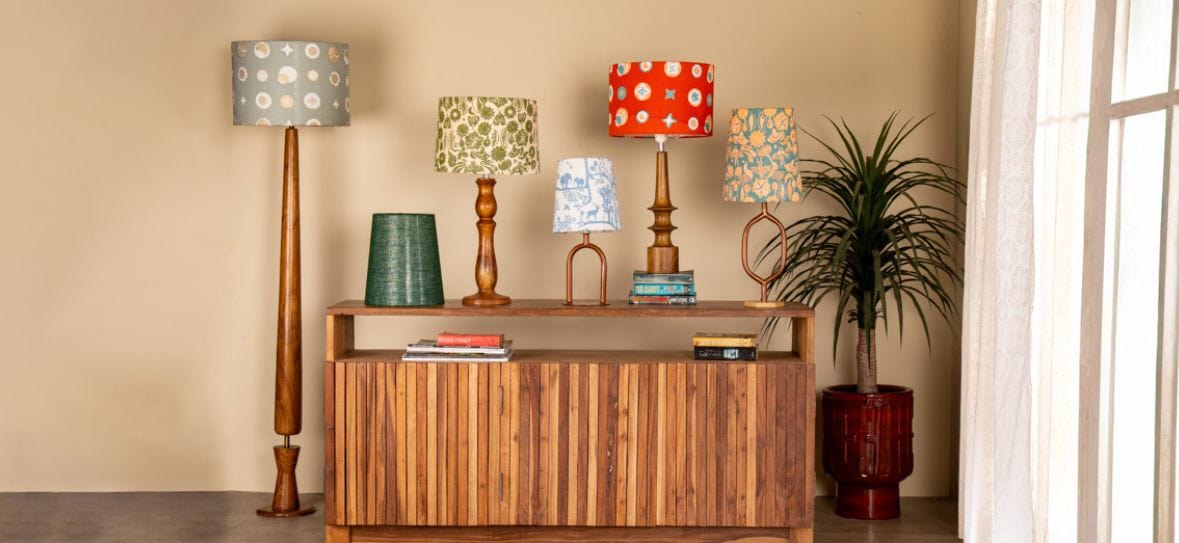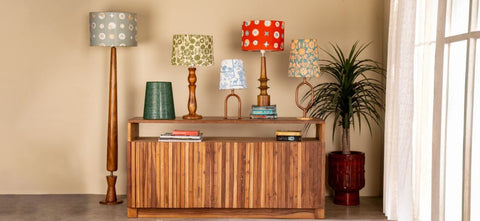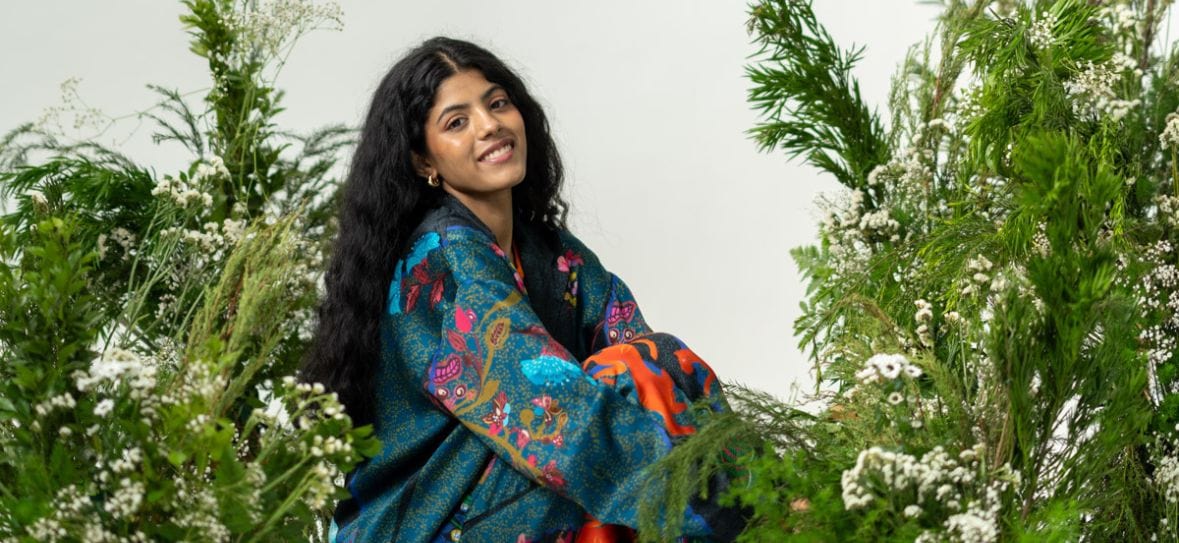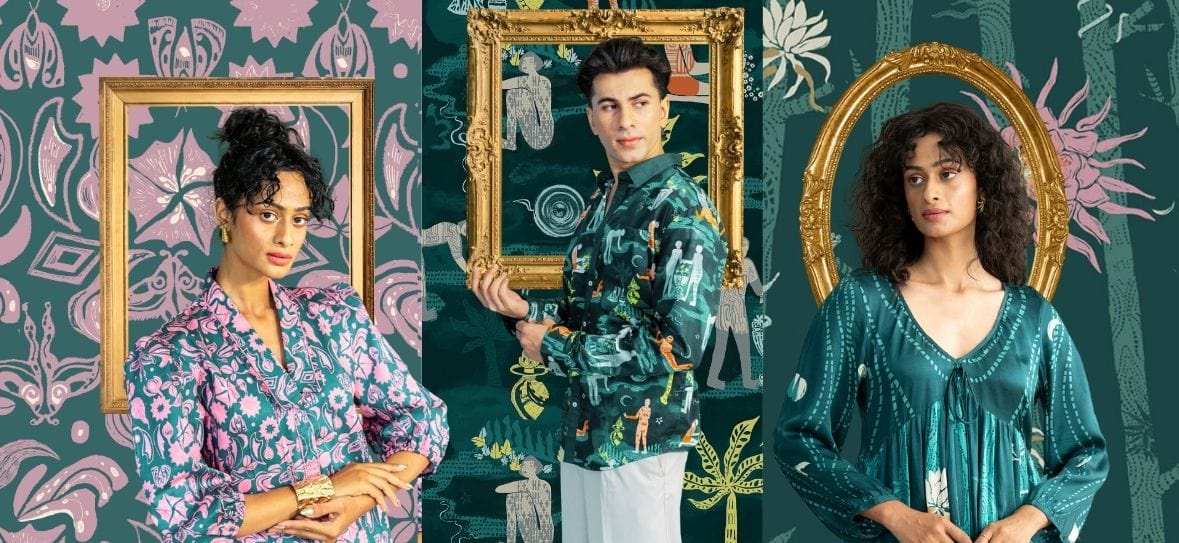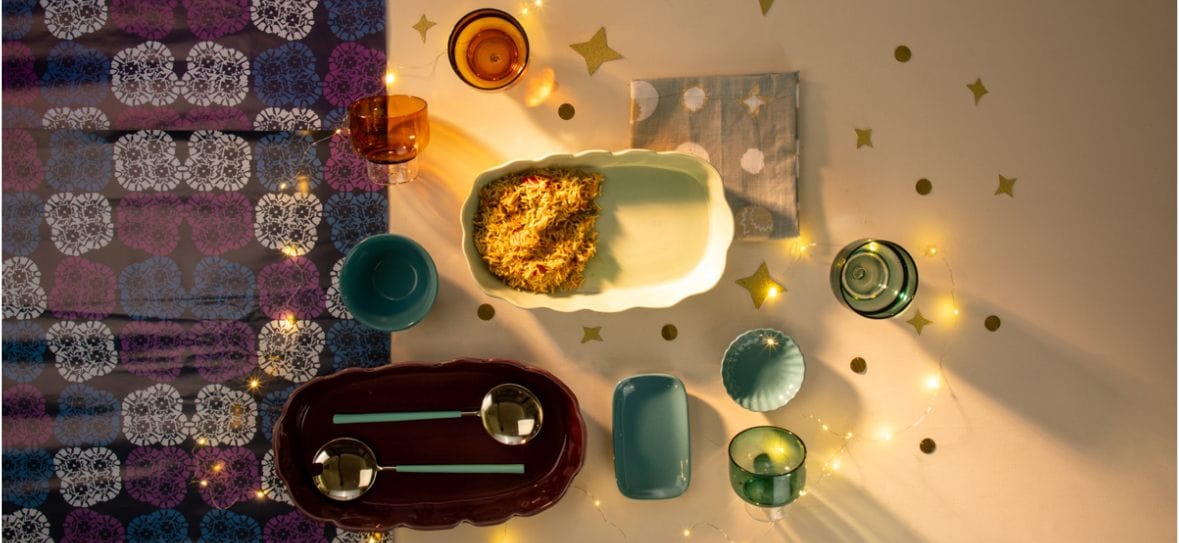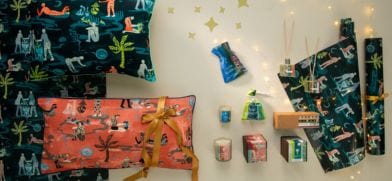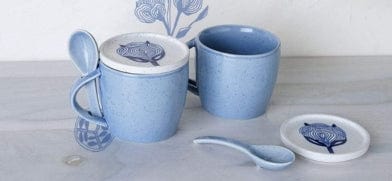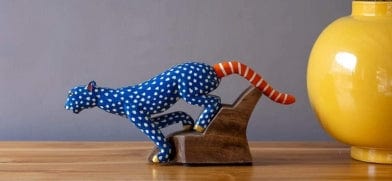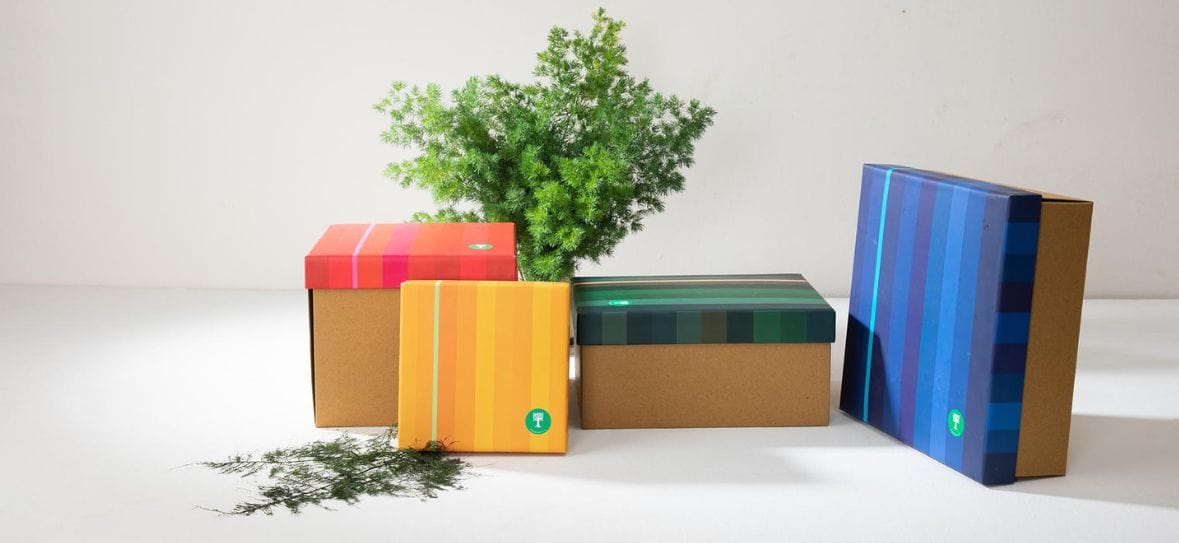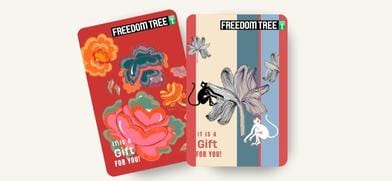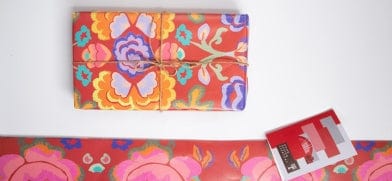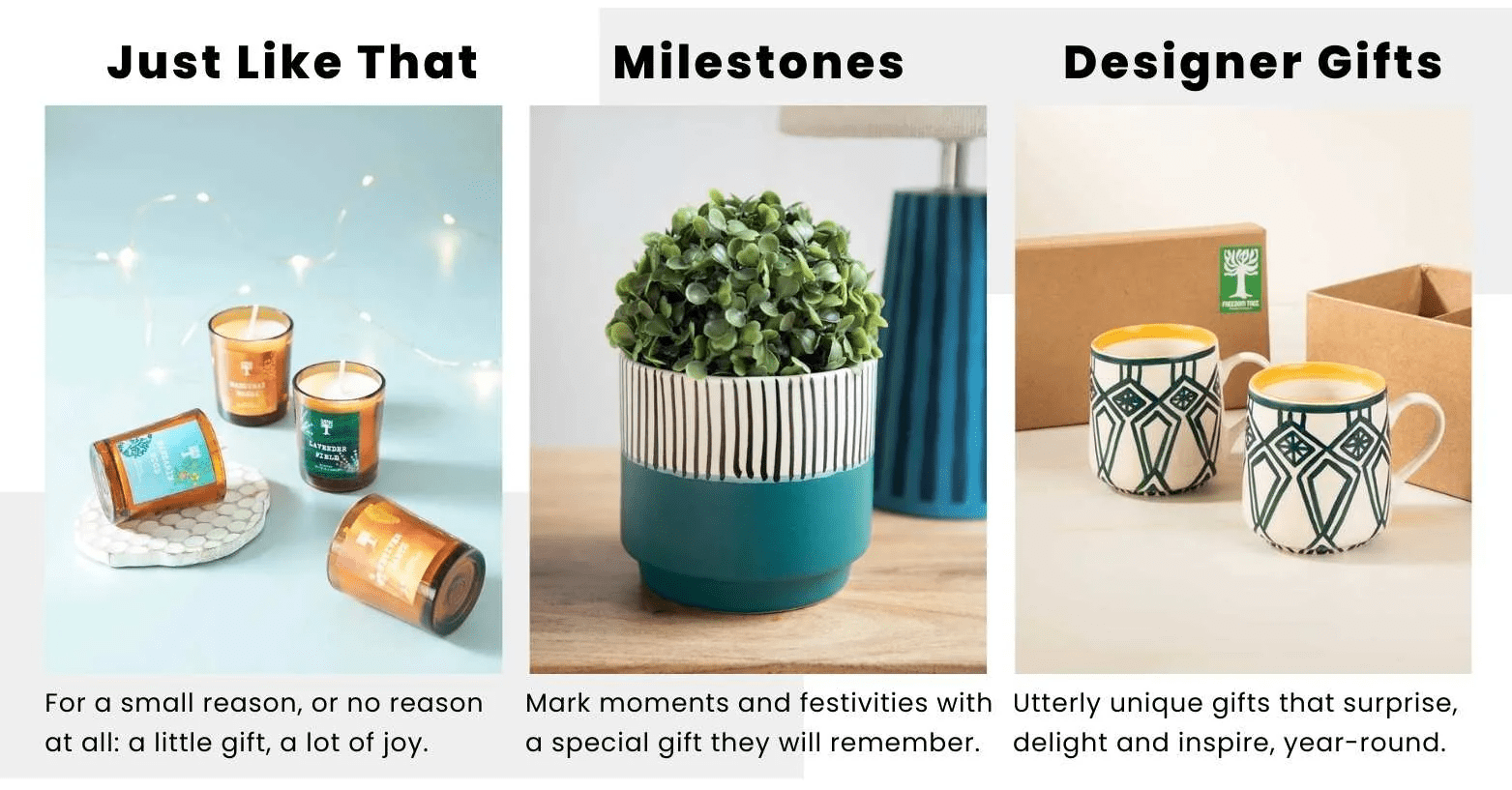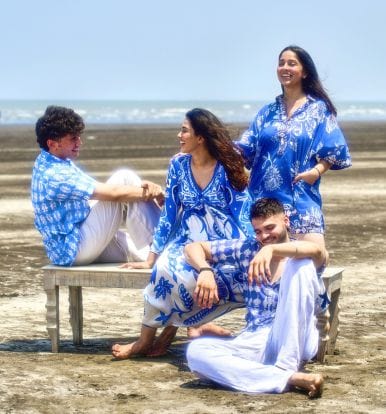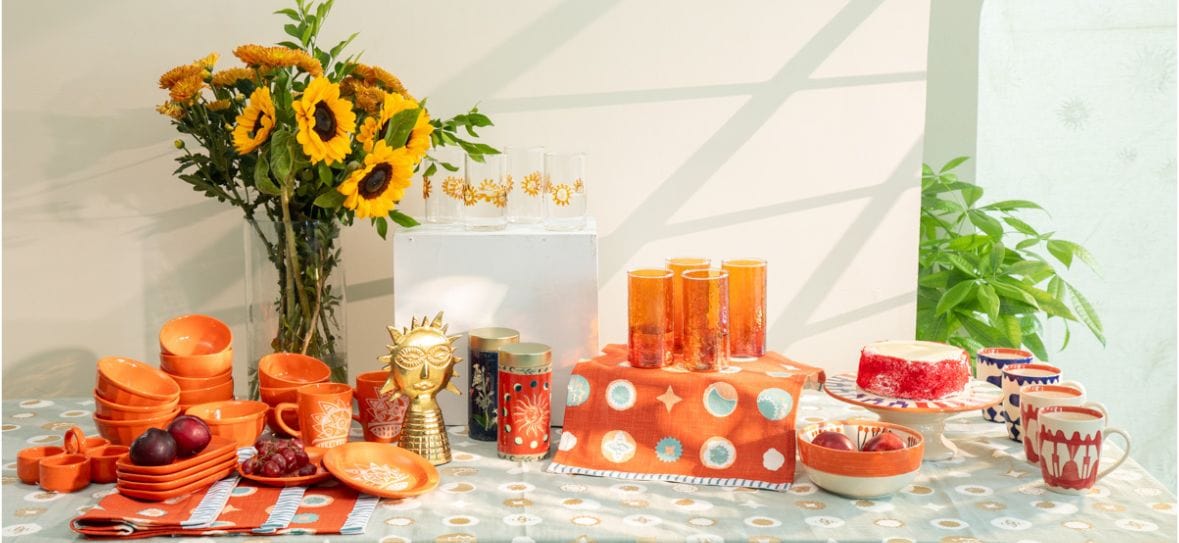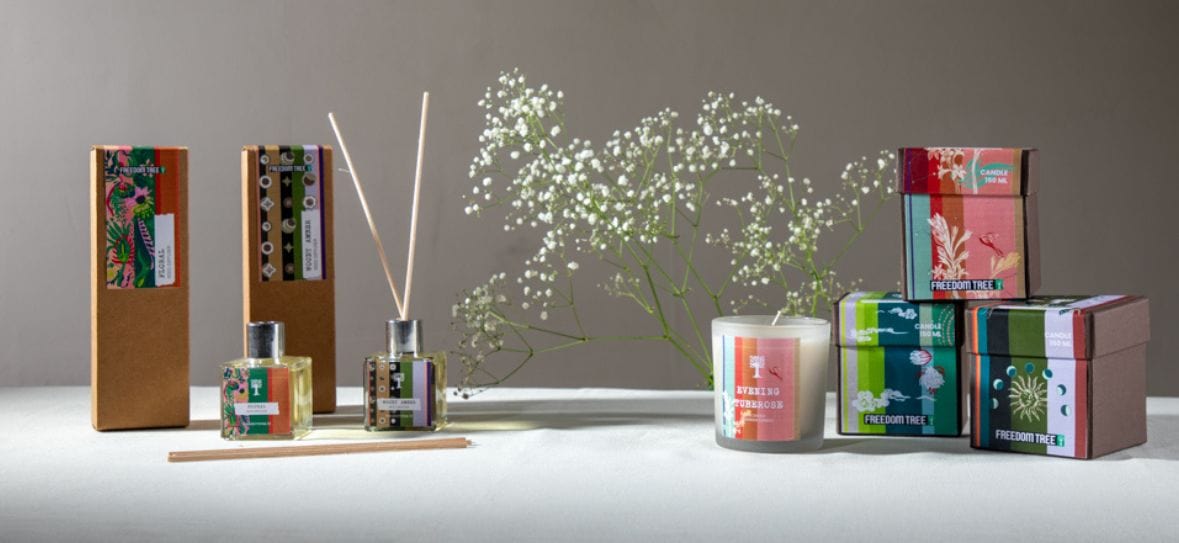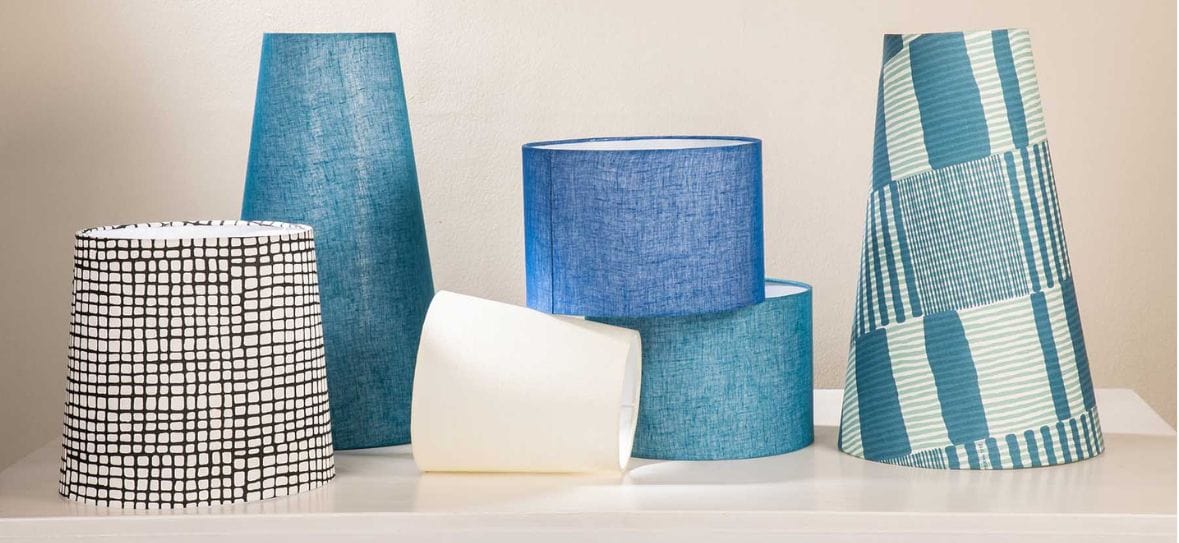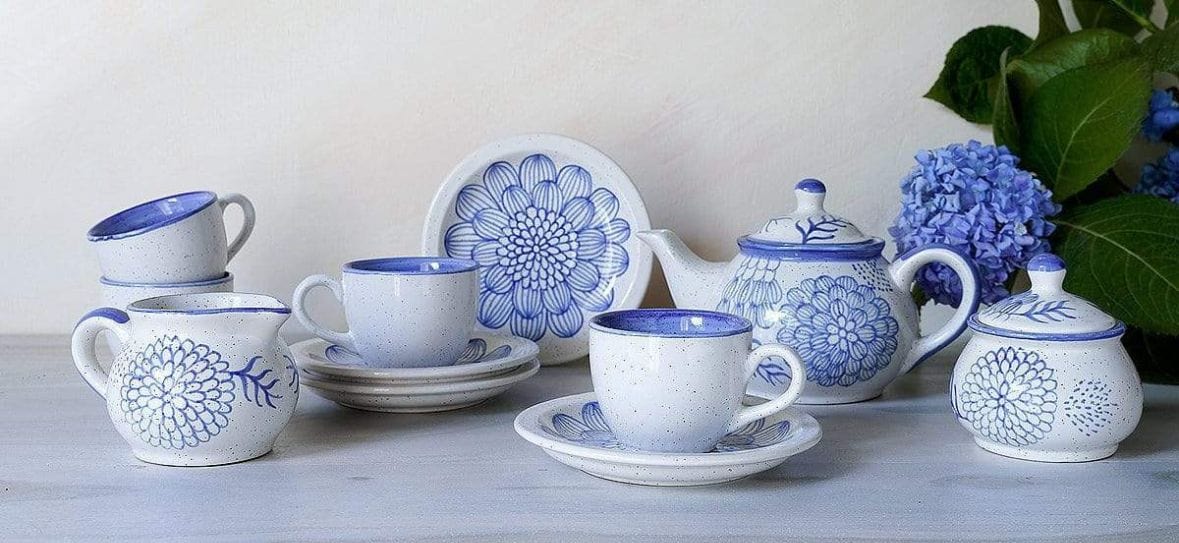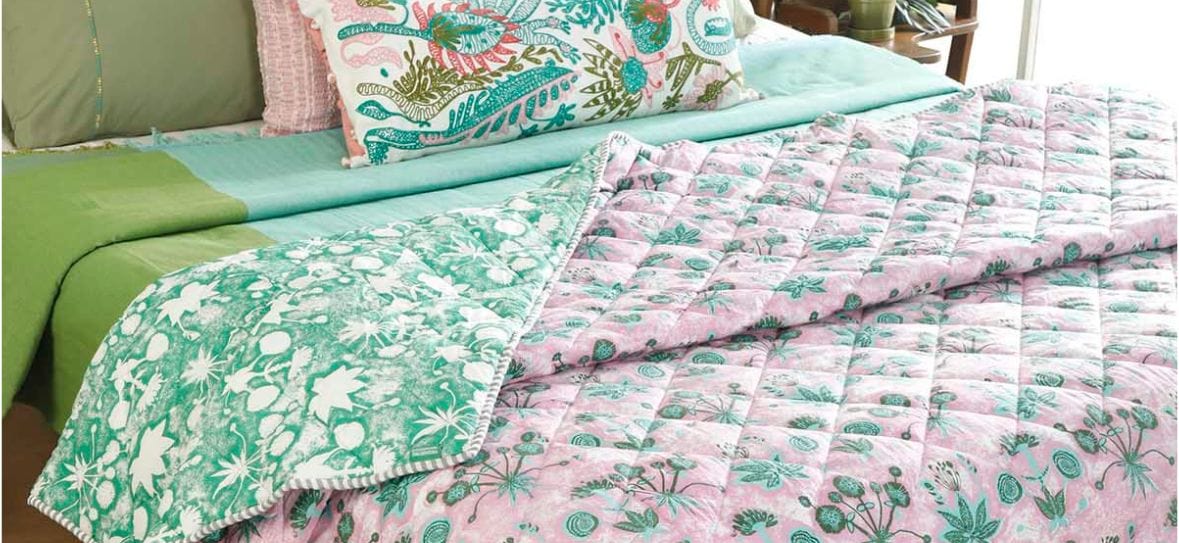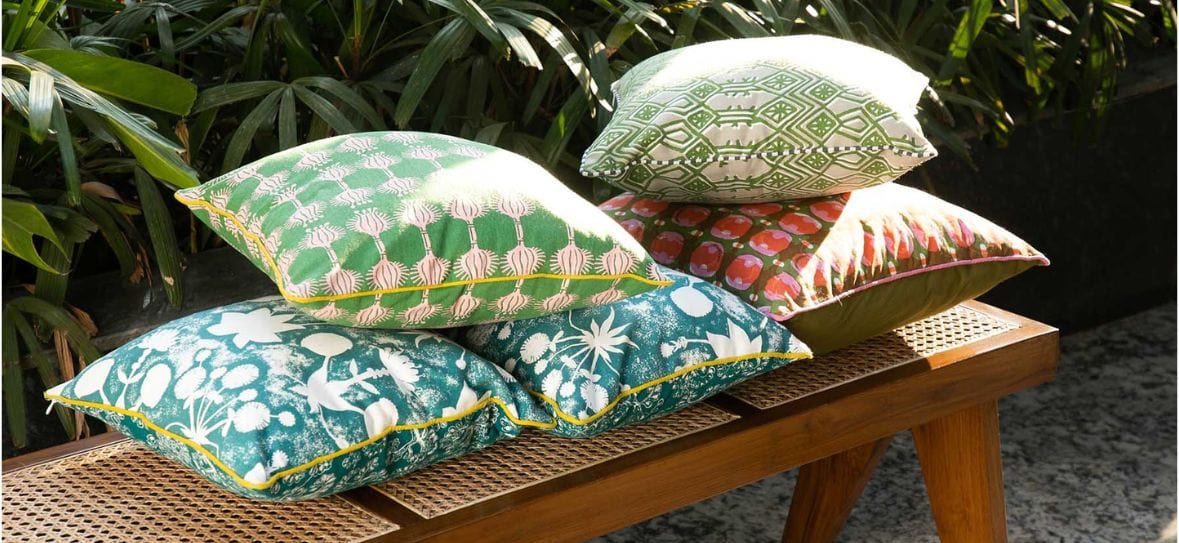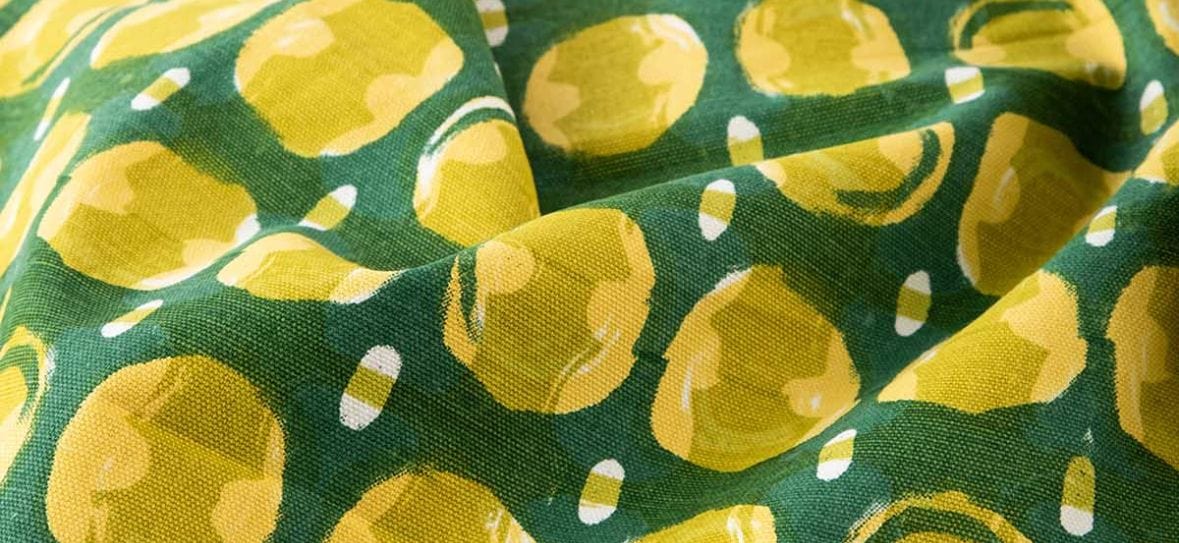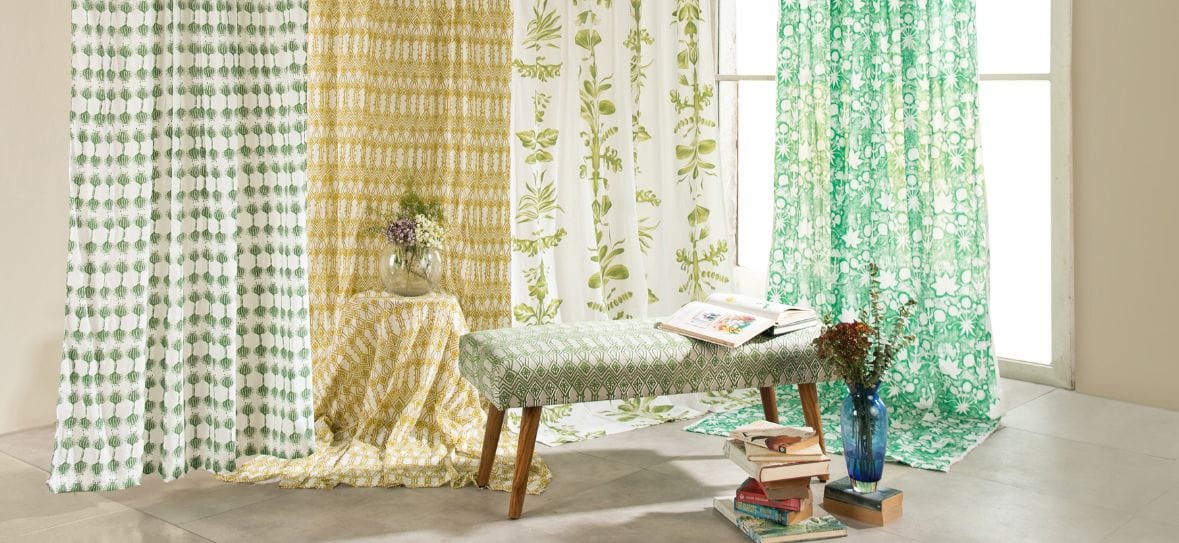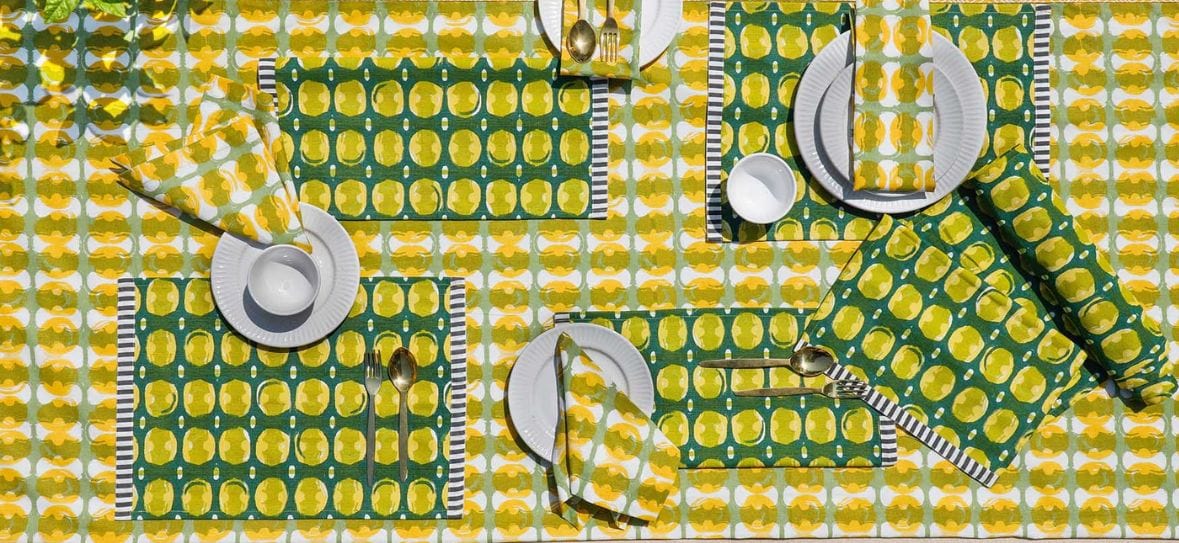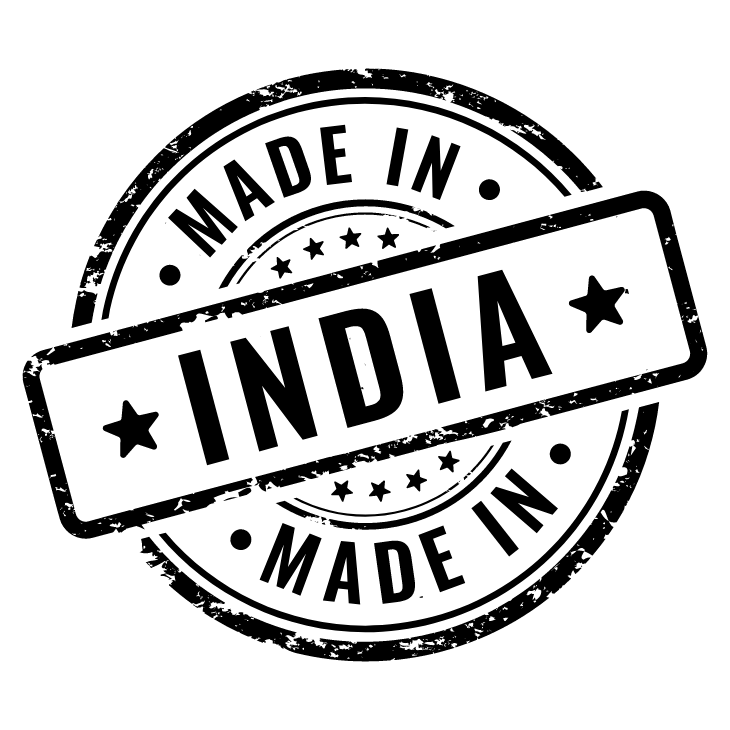FREEWHEELING with Freedom Tree
Not enough people talk about it; The entrepreneurial journey is hard at any scale.
We continue our chat with sister’s Isha and Mansi of VANILLA MIEL about their best days and those not so good. Grit and goals to achieve the Shetty scale of success.
vanilla_miel
March 2025

Shetty Scale of Success
F“Our mom is an exceptional cook. When we were kids, I do remember that every day when we'd be back from school, there would be a different snack for us - albeit savory - and we would enjoy everything. I think she’s like us, she's got that intuition. She doesn't cook with recipes. Simply, everything that she made was a sharp memory for us.” “Our father who has been in the F&B Industry for forty five years, taught us the value of creating something that stands the test of time,” continues Mansi. I think he looks at scale from a very different lens than most people our generation look at. He looks at scale as how long your business has been running. He doesn't look at scale as in how many locations you have opened; too many can like fall like a house of dominoes, right?”“For him, is your business something that you built that will stand the test of time, do people still love it? For him that's scale enough. For him scale equals time+consistency.” Living this ethos has been pivotal to everything the sisters do. A fresh, yet old perspective, where longevity is more important than quantity.

Grit, Goals & Guilt
WThe photography on the walls is the most personal for Isha. Some pictures date from their start, in 2019. A place in the making, their father looking on sceptically. “A pic he doesn't love,” Isha notes gleefully. Pictures taken in passing give pause to a journey undertaken so fast on the road to success.
With great vulnerability, Isha slowly articulates. “Pause is not always voluntary or conscious - sometimes it is just burnout. Through the years I can remember asking what are we doing? Oh, this is so hard. Is this making a difference? Is this really something that's going to become a big story? Is it going to be just another cake shop? And still pushing through those days because they're still fifty people counting on you to push every day. The buck stops with you. And I think looking back at that journey, it’s important to create a team that lets you have those burnouts because they're handling the shit. I think that happened to me in the last month. I've been quite actively burnt out.“
“To me, it helps to have conversations with other people in the space who have built something, and to know what it takes. I feel with social media people only look at things on their one best day, as opposed to the daily struggles you’ve had to face.”
“Not enough people talk about it. The entrepreneurial journey is hard at any scale, whether it be a large multinational scale or even at a micro level. It's so self-motivated; you have to wake up every day, and if you‘re not in the mood, go to work anyway.
”Mansi points out that the FNB industry is super cyclical and seasonal as well. They have had slack periods, and a regular offseason in Aprils and May. “What motivates us is really to be able to create something that people identify with, that people love and speak about in the highest regard because we do value what goes behind the product we're serving. It's not just the name, its very reputational.”

Building a Brand
W“For us, it was just very important to build a brand. It incidentally happened to be in the FNB space because we both love the space so much. We've grown up around food, it’s in our veins, it runs in our blood, it runs in our family. The way Isha and I are wired, probably because of our parents, we've been taught the value of working towards a goal. When we reach that goal, it usually isn't enough. So, we don't know whether that's a blessing or not, but I think that's what drives us: when we are goal oriented.”
“When we were first developing the concept, we were every clear that we wanted it to be something you come back for. In our minds, if you create food as an exceptional experience with flavors that are very ‘out there’, you have an audience consume it once and say ‘yes, it was amazing. We had it.’ They will not come back for it because it's an experience based on occasion, right? What we want to create is a luxury brand, yet an extremely approachable one, and something that you will come back to for every occasion as opposed to, once in your life, or for an anniversary or birthday, and I’m done.”

Creativity Needs Systems
WFor Isha the creator, we did not pressure her with what next or new. But asked more about how they will reach that longevity. “For me, I'm thinking, it’s to find a pattern that is sustainable. I think sustainability is something that happens to be something I'm thinking a lot about for the last two months because like you said, the creative stuff needs to keep coming. How do you sustain that?”
“As an individual, my creative fatigue should not deprive the company of new things. Is that only dependant on me or is there a team we need to build and nurture. It’s also learning to cultivate talent that can contribute. As a creative person, cultivating that same level of commitment to creativity is something I would like to see in the company going forward because it's always a collective.
”Mansi elaborates, “I think that makes sense. While sustainability has been one of our biggest goals because we do want to see this company survive and grow for many more years to come, the system behind that survival is what is needed. You can have a great product, but if you don't have the systems or the backing to support it, that product doesn't stand a chance.”
“Many beautiful products out there were never given the chance of survival because they didn't have a plan in place or were not goal-oriented. Now we're at a stage where we're not creating product as much as we are streamlining the company. I think about ensuring that the company goes forward with that single focus in mind, whether it's with the same menu, (new menu doesn't really matter right now). What does matter is the growth plan and a footprint where we can expand into other geographies soon.”


The Food Journey
WAt Freedom Tree, we too are a firm believer in systems, because it makes the internal business transparent and improves functionality. Isha notes that “People like to work when they have a map as well. I think to grow the boring stuff is more important than the exciting stuff. I really believe that. Giving her sister her due, “Mansi is so wonderful at that...she must manage mom-hood and the business, her role as a daughter, a mom, a sister, a wife .... I think as women we are process oriented, because if we don't have a process, it's madness, right? Like you mentioned about cataloguing exactly what's on which shelf. It is the most boring tedious part of the job, but it's the most rewarding.”
Agreeing strongly, Mansi adds, “You must be ruthless with business decisions when you're trying to simplify. You're not saying I'm doing this because wow, I think my creativity shines through in this product. It doesn't really matter; does it sell? If it does, great, if it doesn't, it's going off.”
“Simplification, like you rightly said, is a much harder goal to achieve than overcomplicating things. Saying you have the gamut to choose from as opposed to saying; ‘look, I'm going to give you five items, but I'm a hundred percent sure that if you buy one, two, three, four, or five, you’re going to be equally happy because they're absolutely banging products’ because we have simplified it, been ruthless, and taken out all taken out everything that didn't add value to a customer's experience.”

Presentation Of Another Kind
WSo much care is taken in food presentation today. Everything we heard about their attention to detail, seems to get derailed when Isha exclaims, “At work, I'm normally dressed like a homeless person!” Though her personal style is more neutral, black and white, she was excited by the exotic teal green clothes against the grey and yellow in the cafe. “We are wearing these beautiful clothes by you all at Freedom Tree. I feel when you dress well, you feel good. It also affects productivity. Like genuinely, for me, measurably effective, because how you look, really does affect your confidence. One as a performer and two as a leader. I think people have so much more faith in you. I think you rightly mentioned that earlier as well. An onlooker feels confident when someone is put together, does not necessarily have to be, fancy or overly sophisticated. Just so you look put together, it also gives the perception which might not always be the truth that you have your stuff together right?”
Mansi concurs “I think so. I'm a big believer because I was working at a law firm and then transitioned to this. In a law firm you must always be ready for a meeting. So I think it just comes a bit naturally to dress a bit more formally to work.” Even now whether it's going to the kitchen and not going to see anyone other than the team or going coming to the cafe, she enjoys it, and it has become a part of her DNA. “As you grow older, you realize the value of sustainability more. It is okay to have less clothing, fewer choices, but you ensure that everything that you do wear has some amount of value attached to it, not in terms of money, but in terms of feel, or personality and character.”

Telling Your Story
W“No one tells the story like you can”, says Isha with conviction. Whether it’s to your own people, your customers, or an online audience.” Which is why, for a very long time, and even today they are closely associated with any communication that goes out from the brand. “Stories like ours are built because of one's lack of resources. You don't have the money when you start, to outsource it. So, you just tell your story as it is, in the most authentic way you know how to, and that's how we've done it.”
Mansi summed it up perfectly, “You know honestly transparency, leads to a higher footprint digitally, which is what everyone is aiming for, right? The reason that you're on Instagram or on these social media platforms is because you want a higher digital footprint. And I feel like when you curate all of this, with depth, with transparency, it just attracts a lot more people towards your brand. Then it's not only about the product, it's not only about a sale, it is also about the humans behind the brand, in my opinion.
“I think everyone in today’s age, even the younger generations, have started appreciating depth. Appreciating depth, and also the need to take a pause. I see a lot of people are ready to take a step back and say, ‘listen, look, we understand that we live in a city where life is so fast-paced. Things are happening at a speed of God-knows-what. I think it might make sense for everyone to stop and take a pause.’”
Vanilla Miel’s space in Pali Village a flag bearer of the concept, and in coming to this space tucked away in the by-lanes of Bandra, we can’t help but bring a bit of pause back into our own lives.





